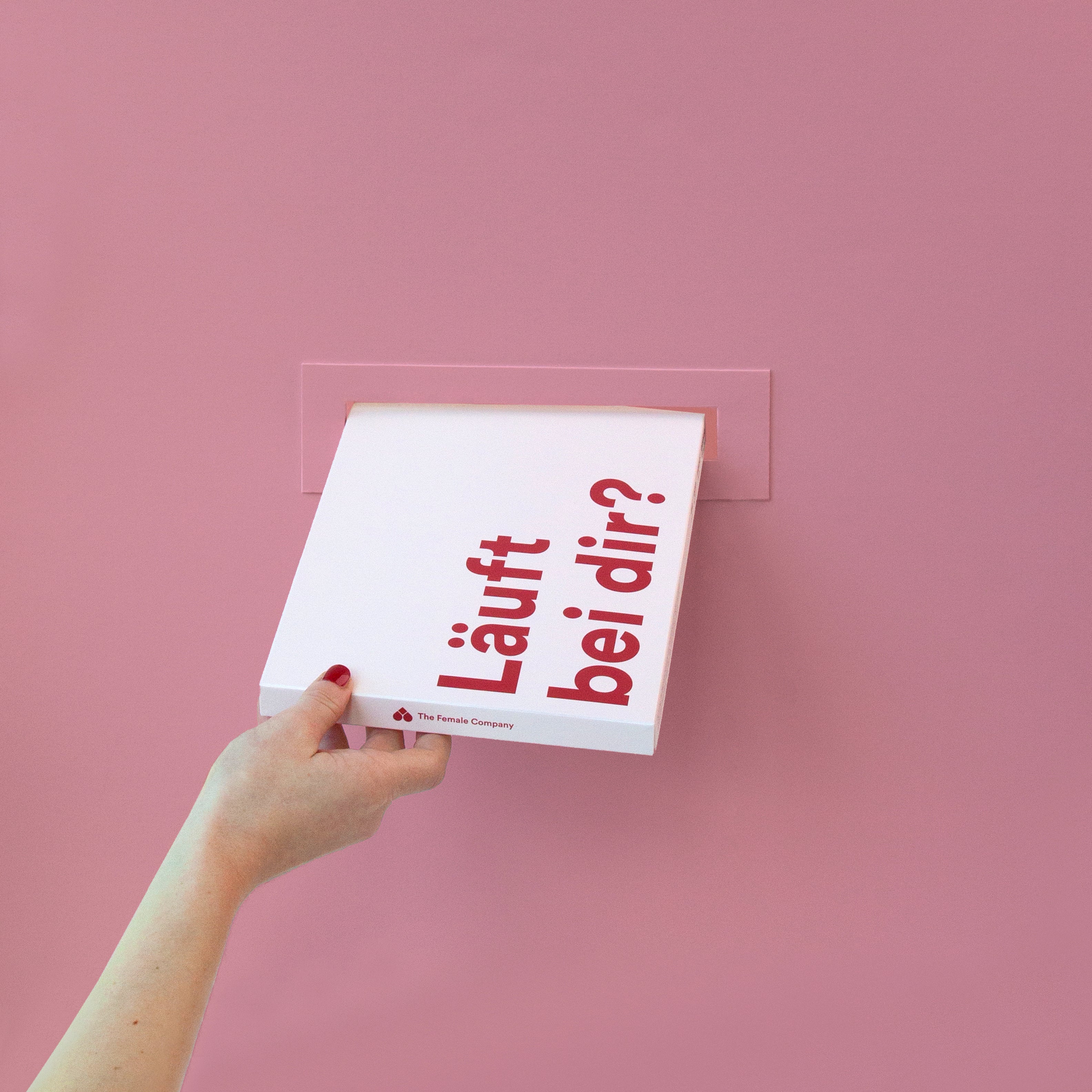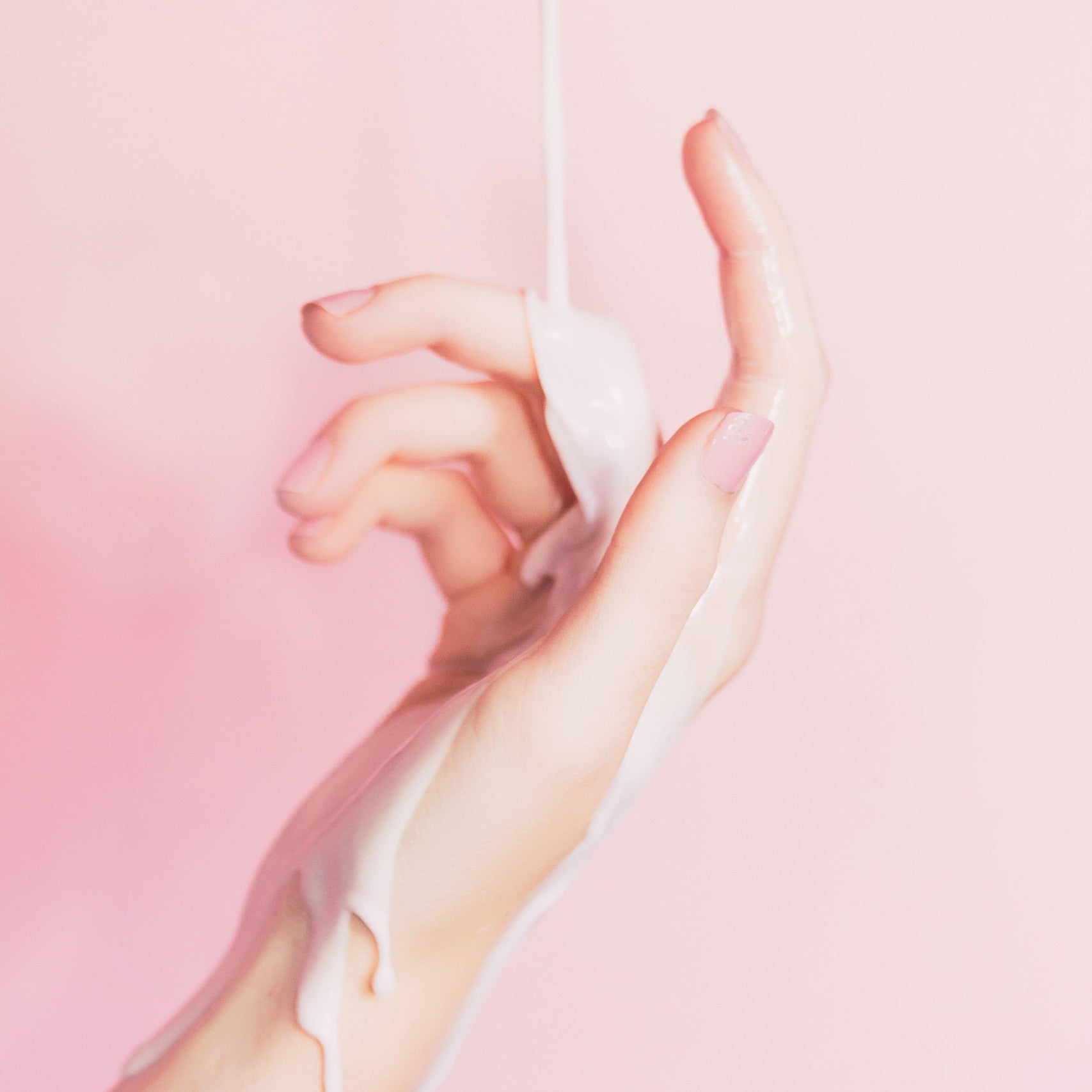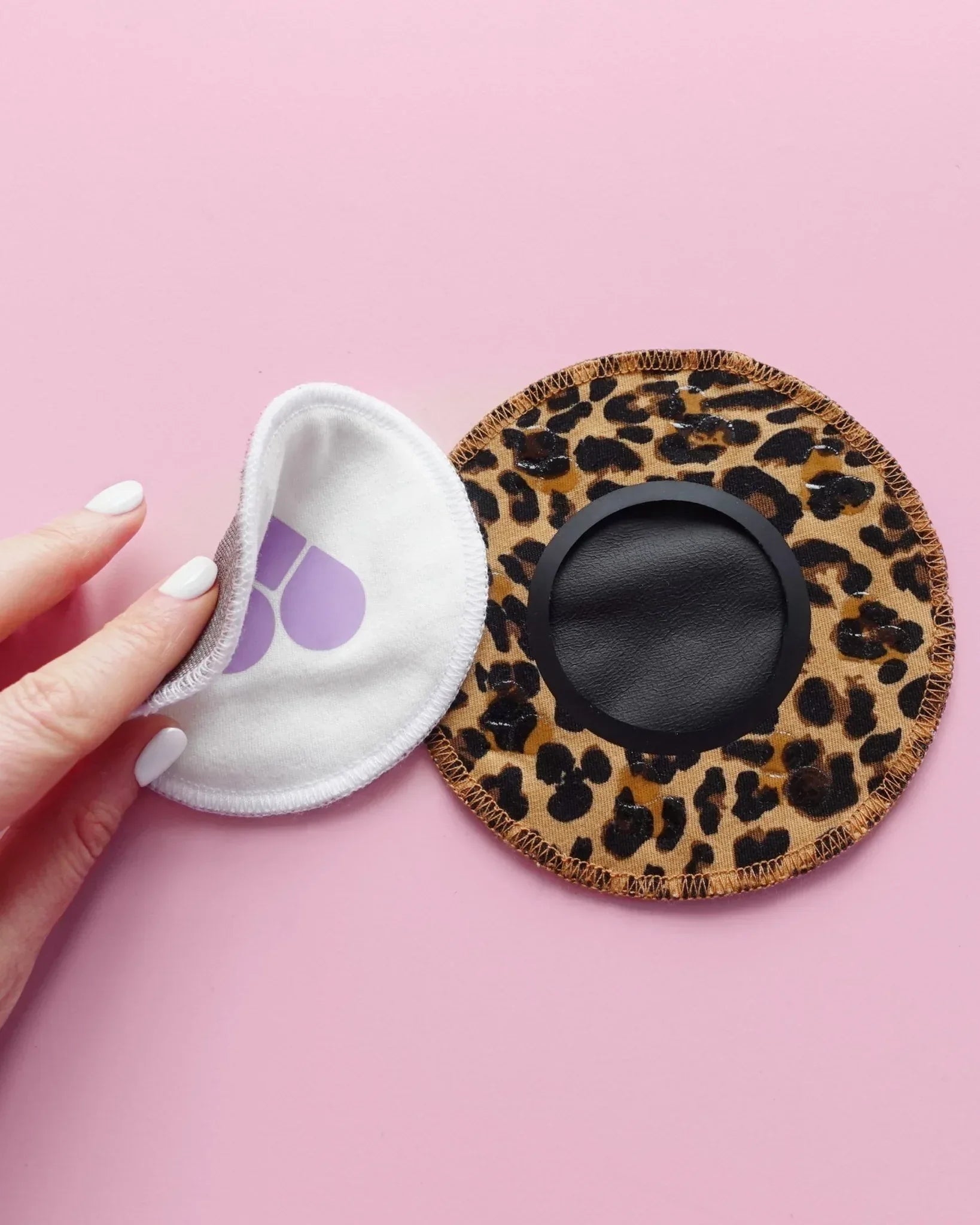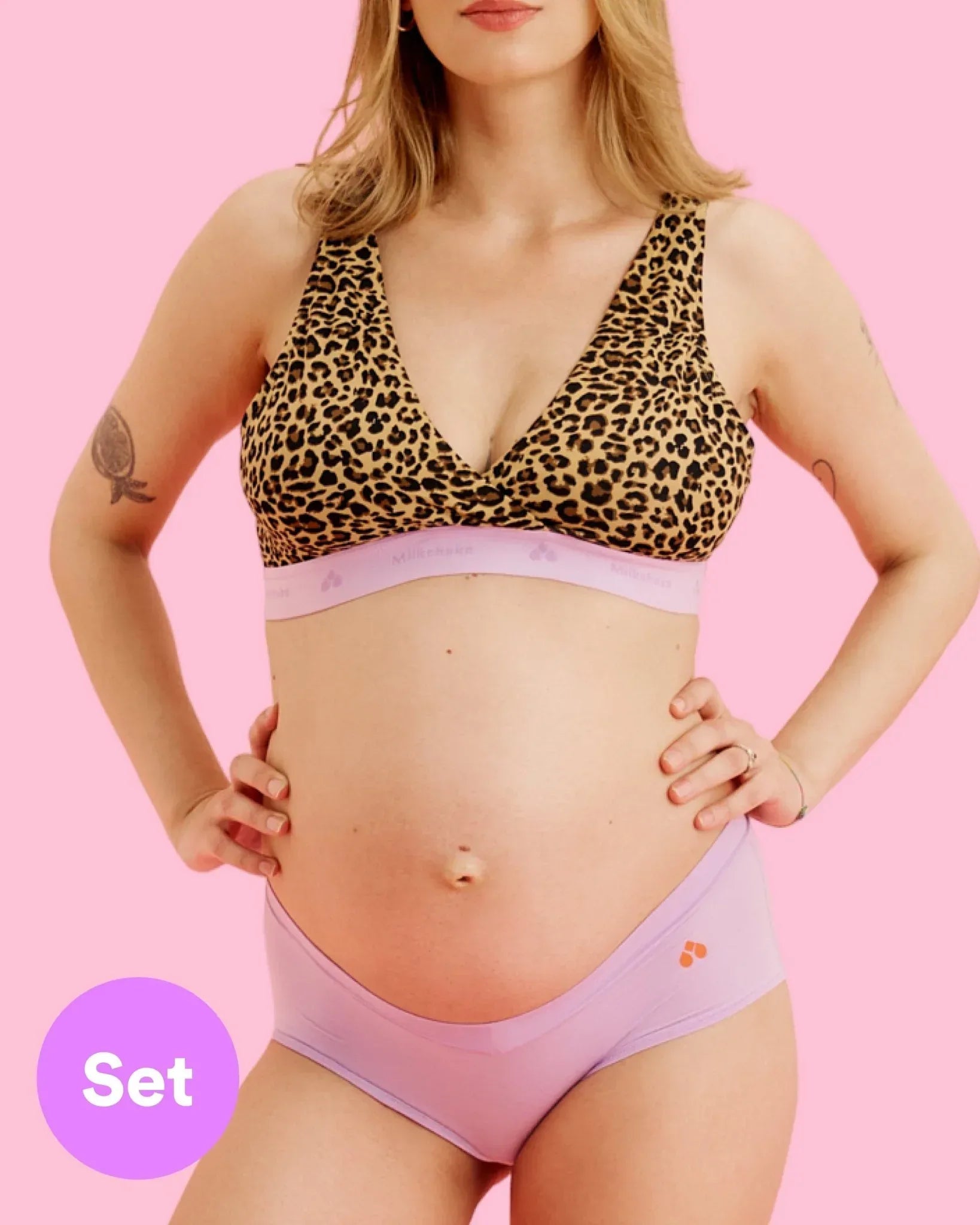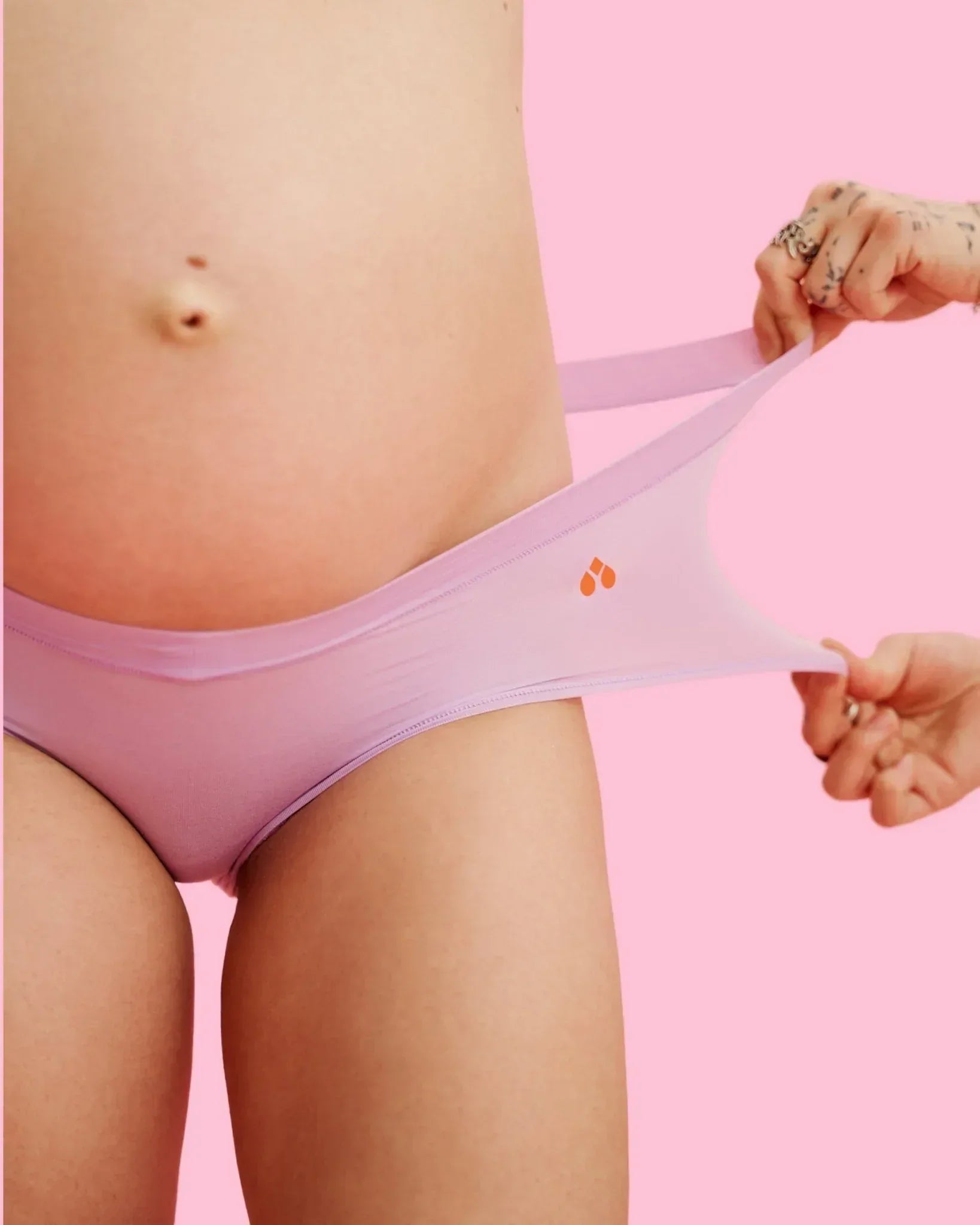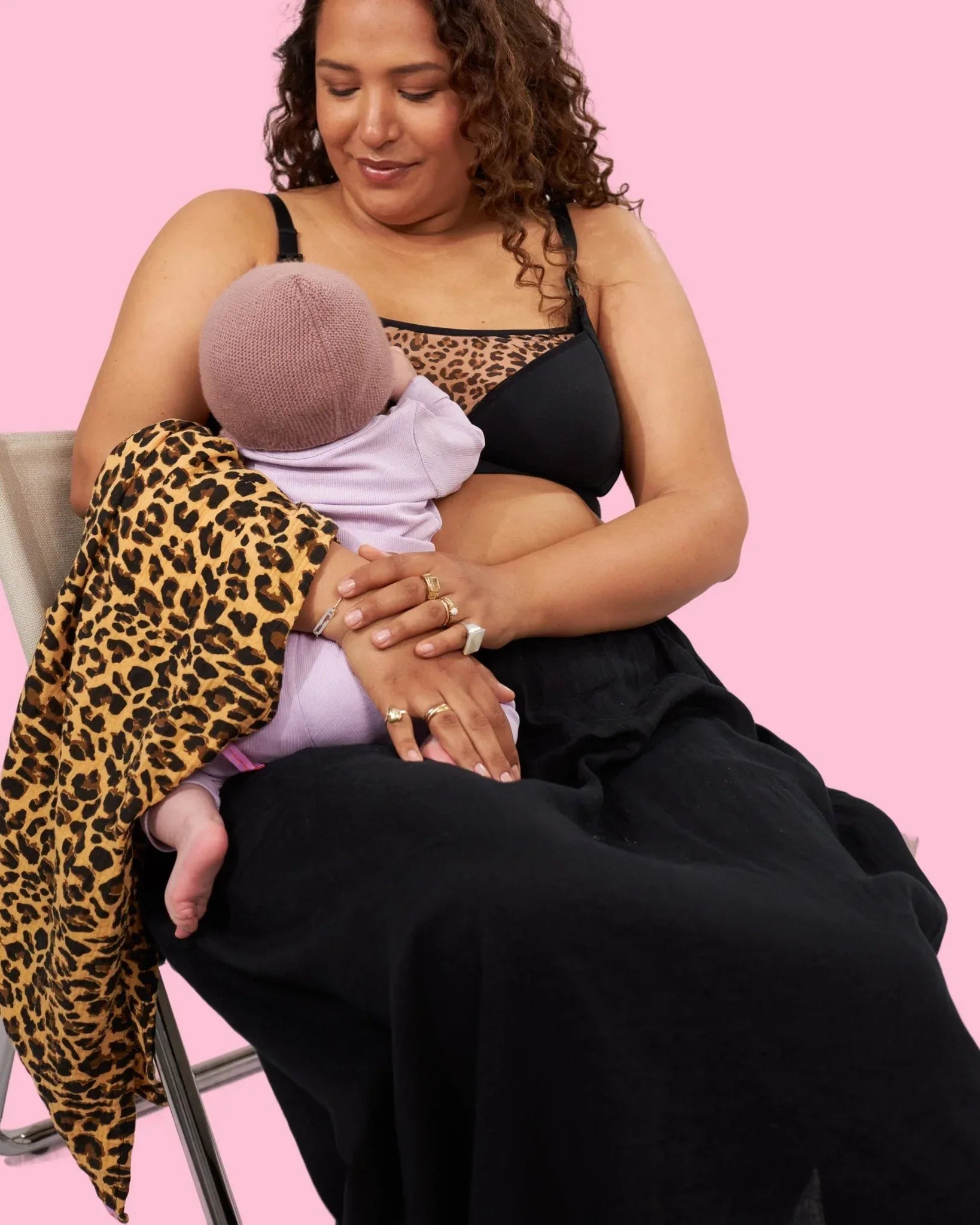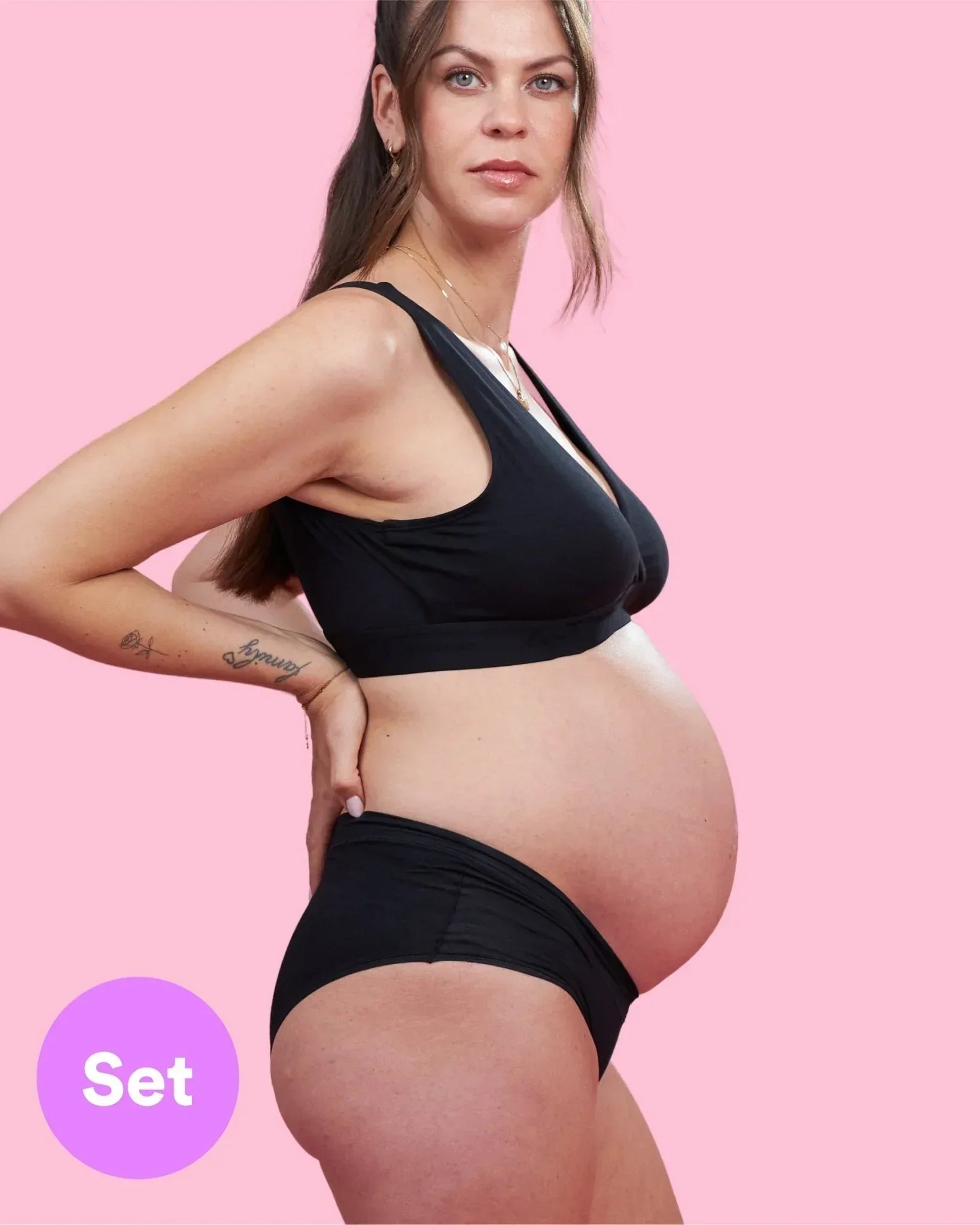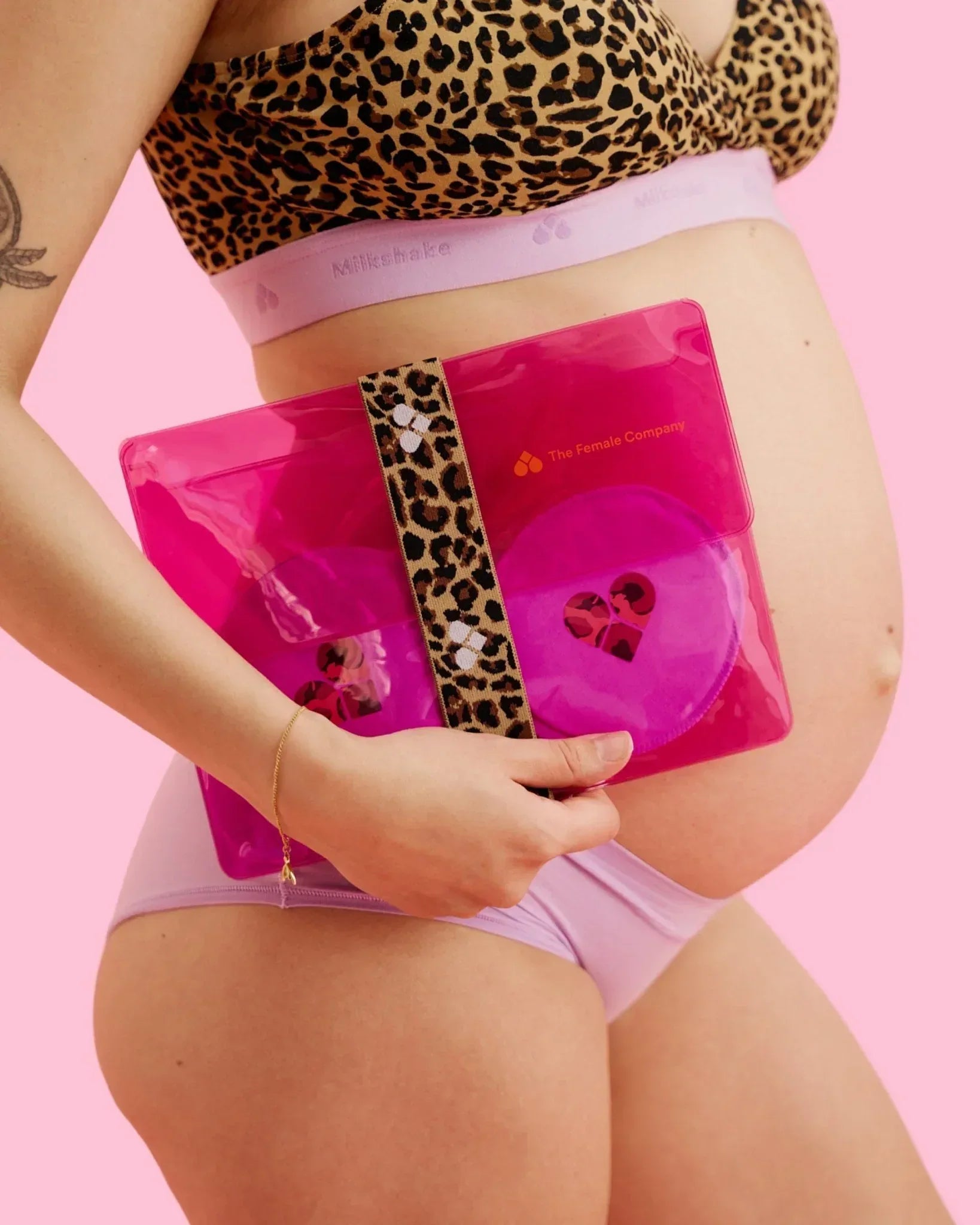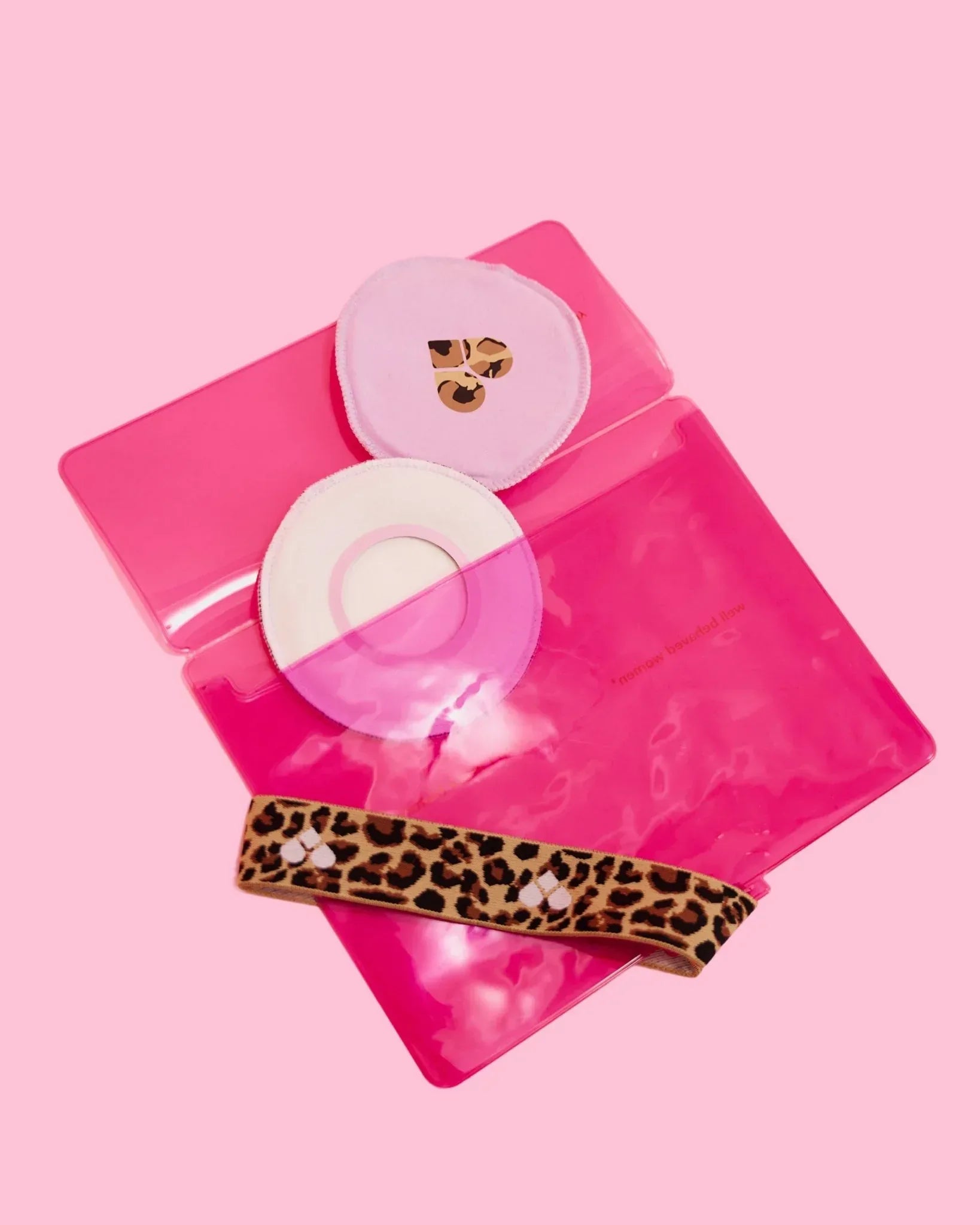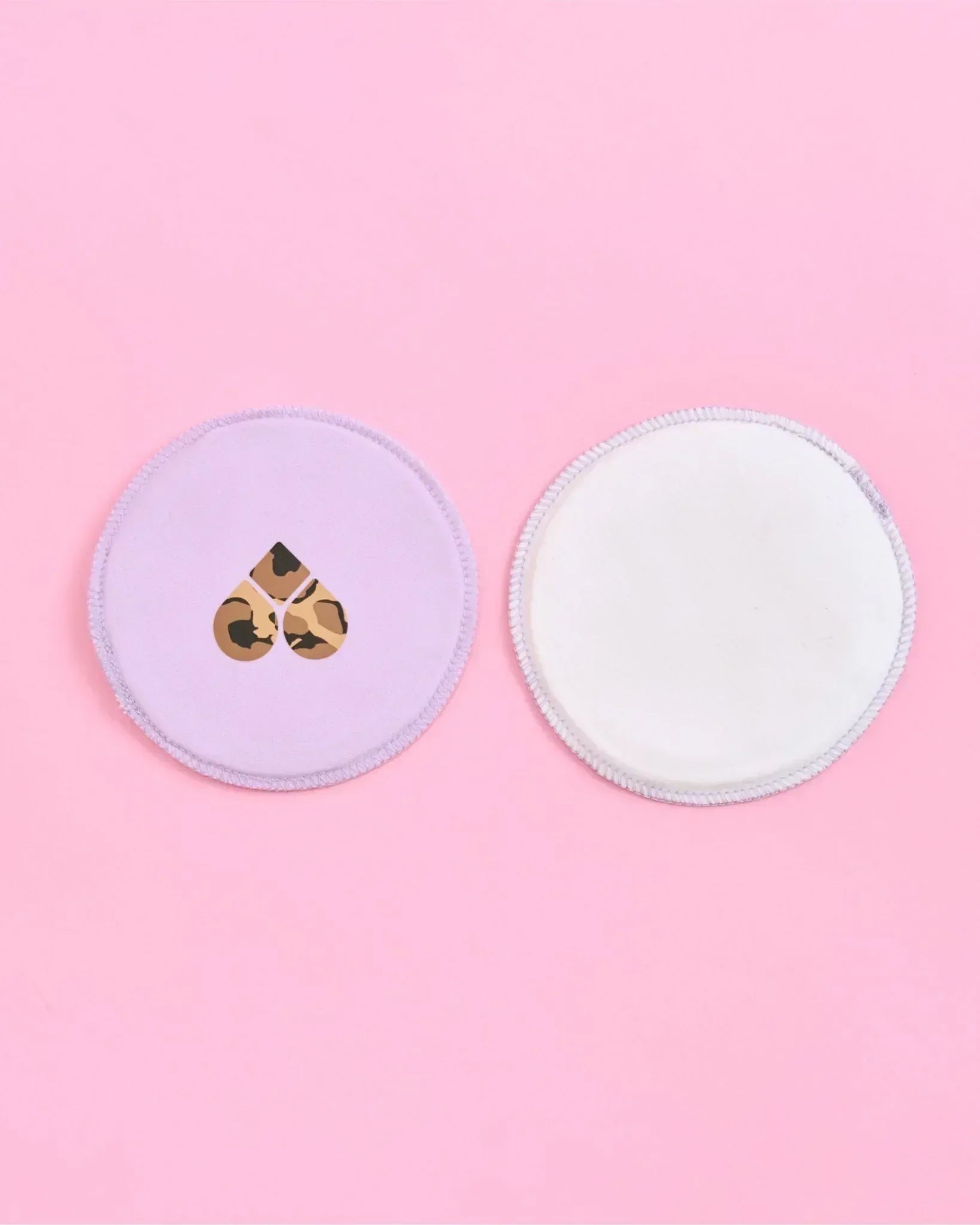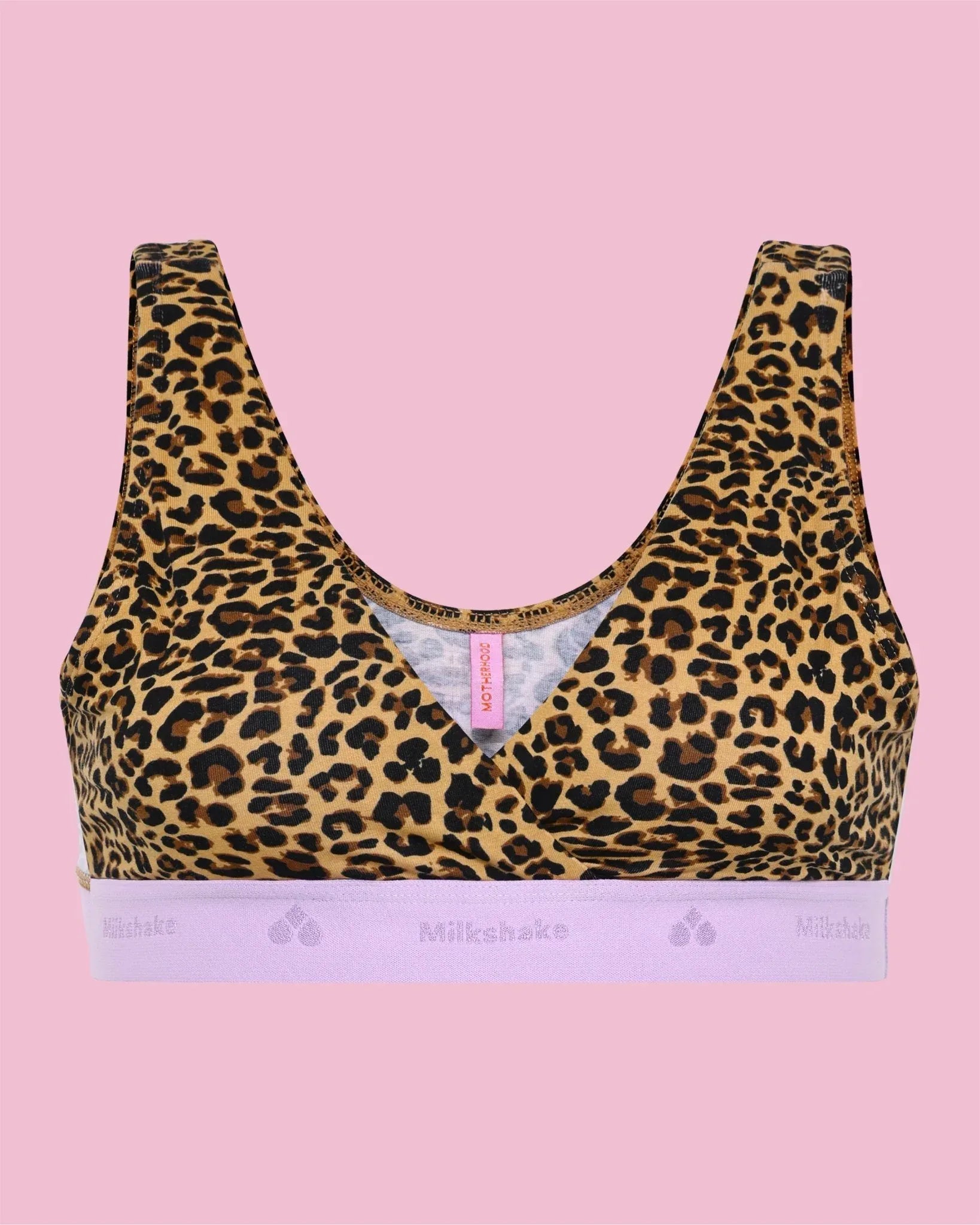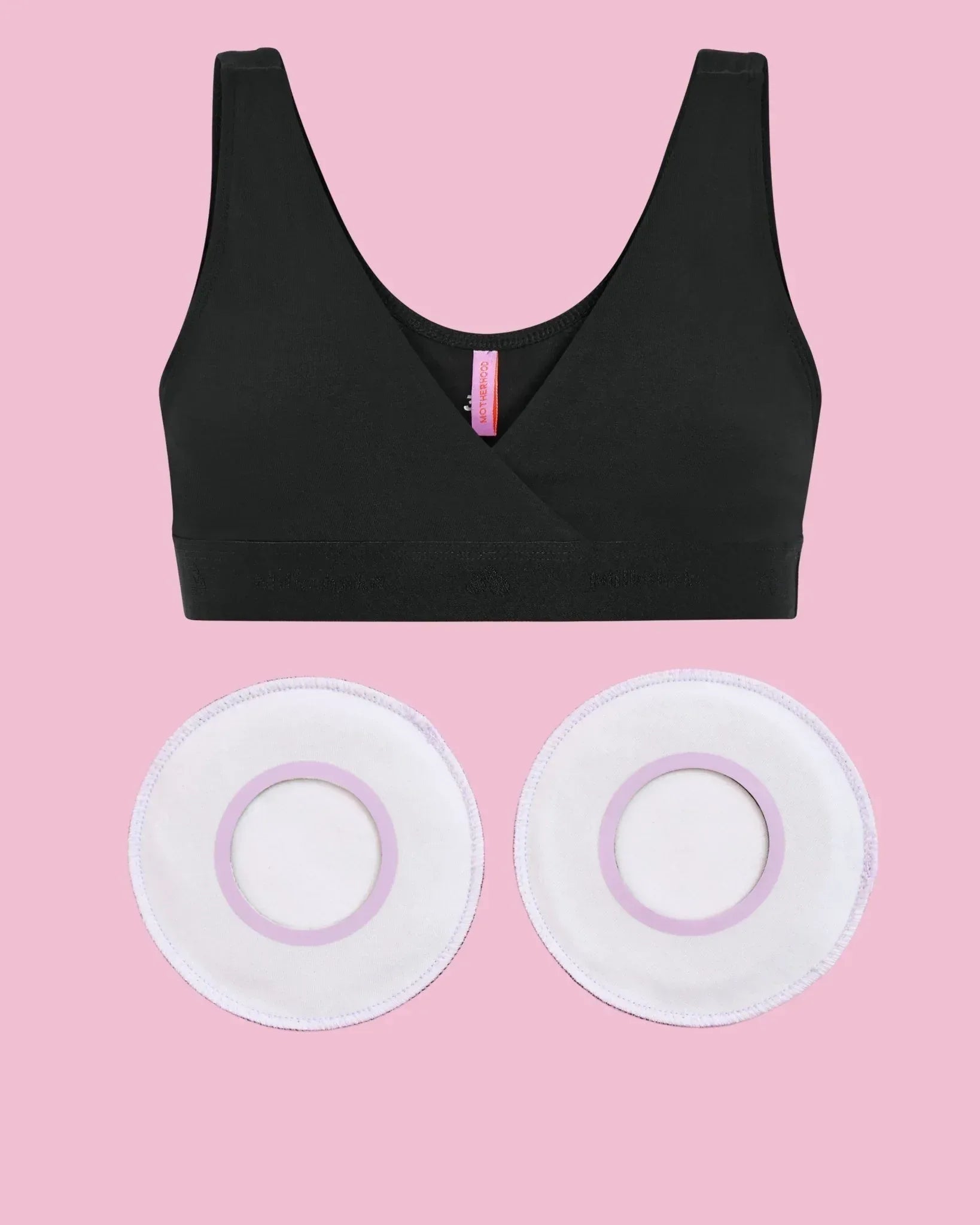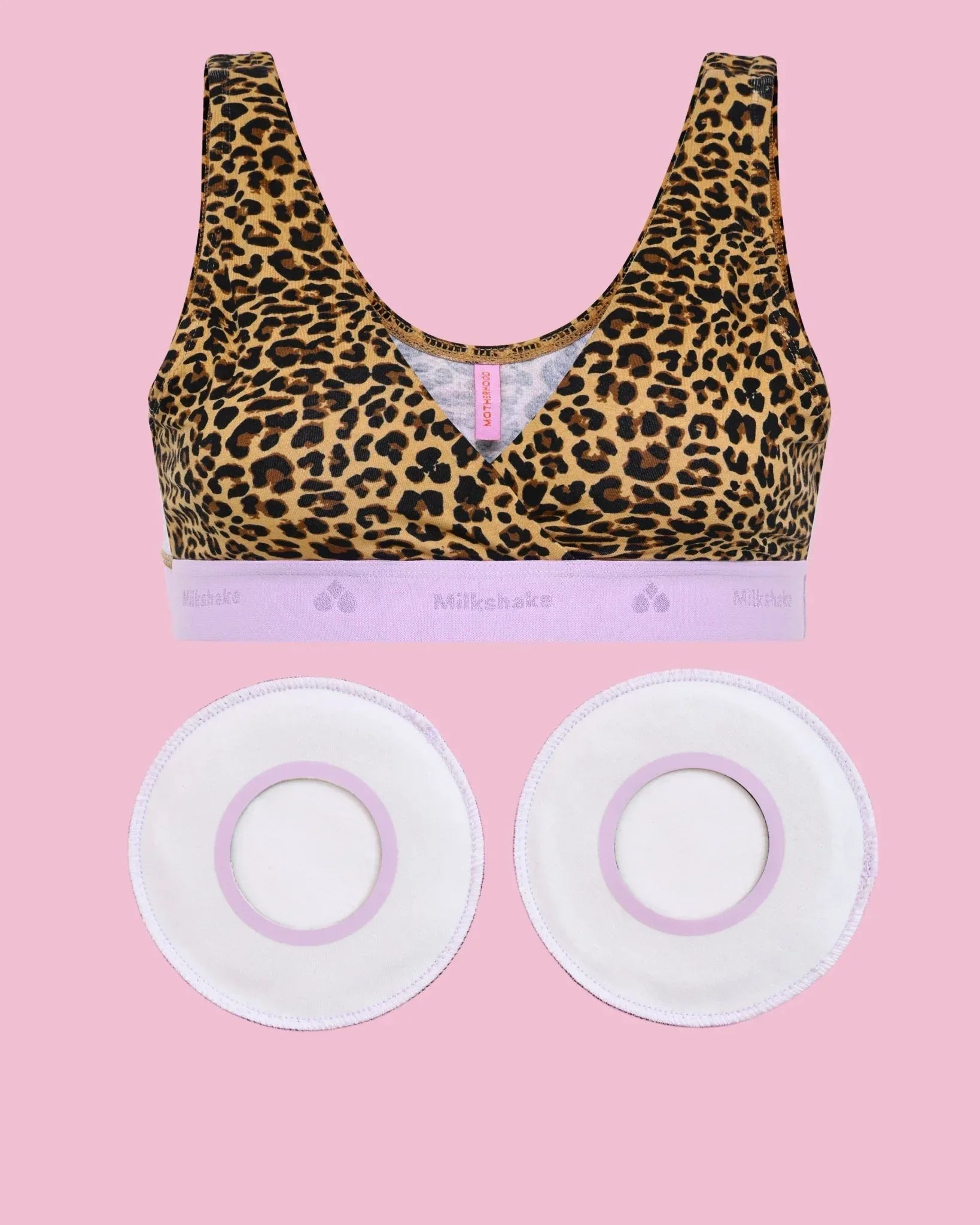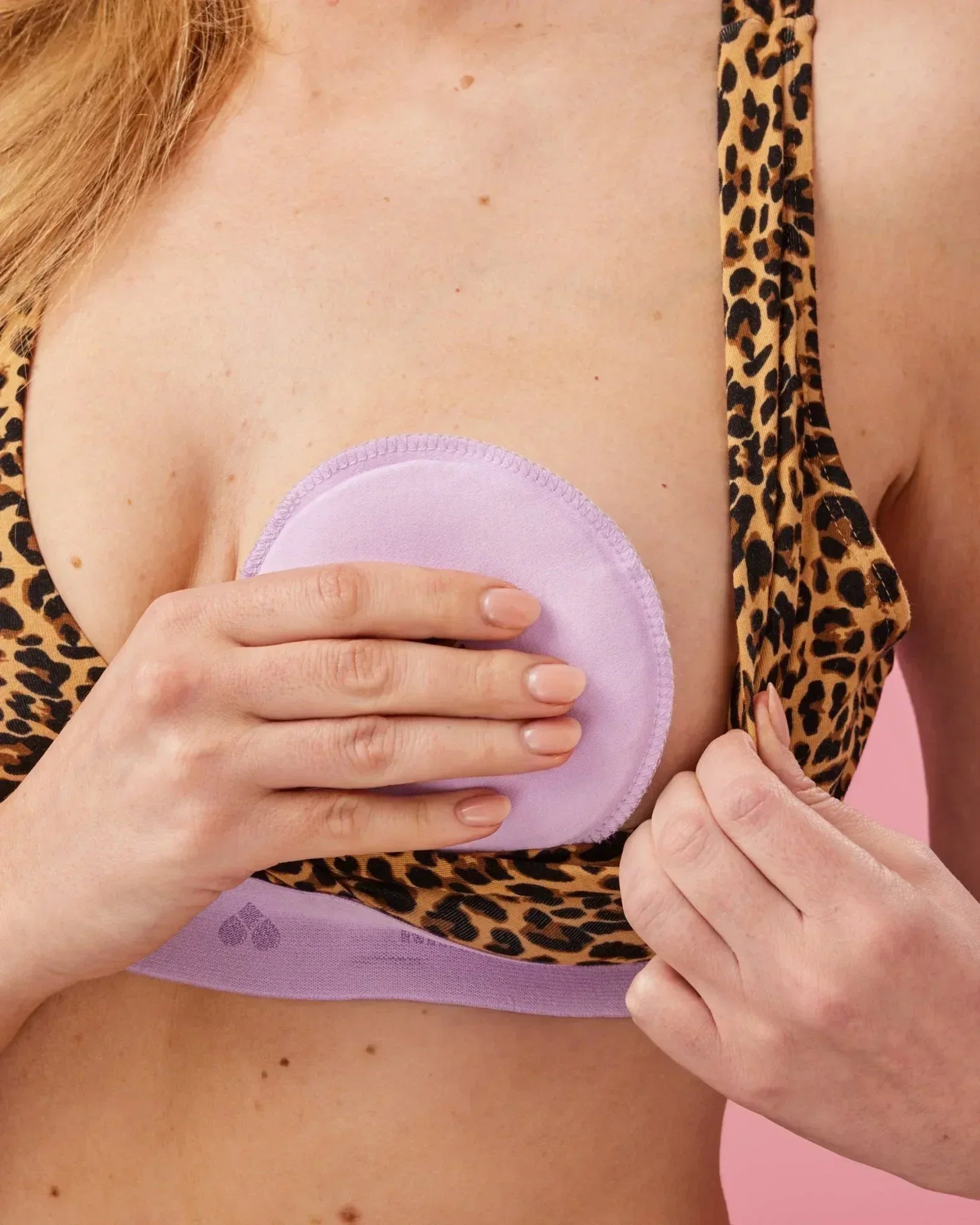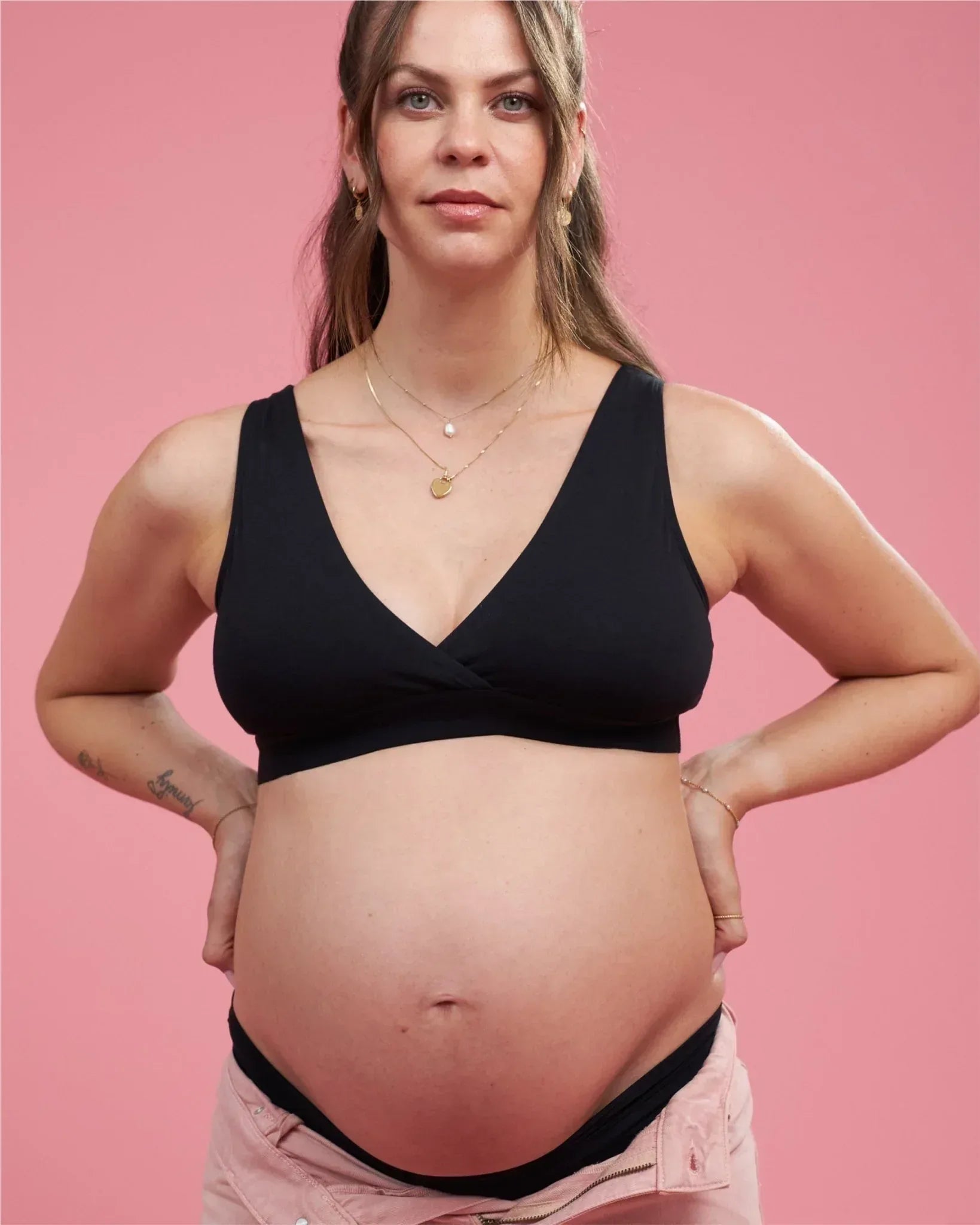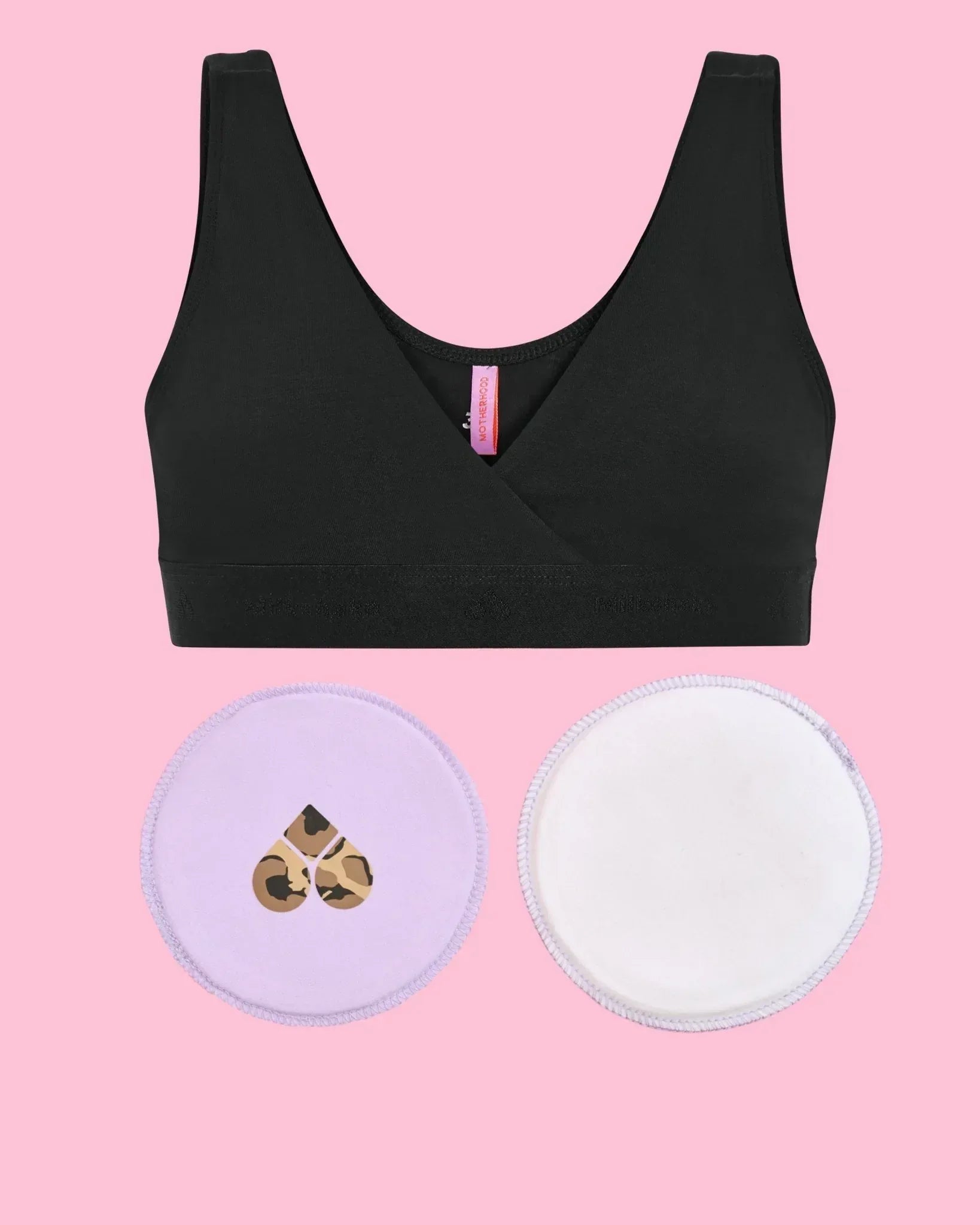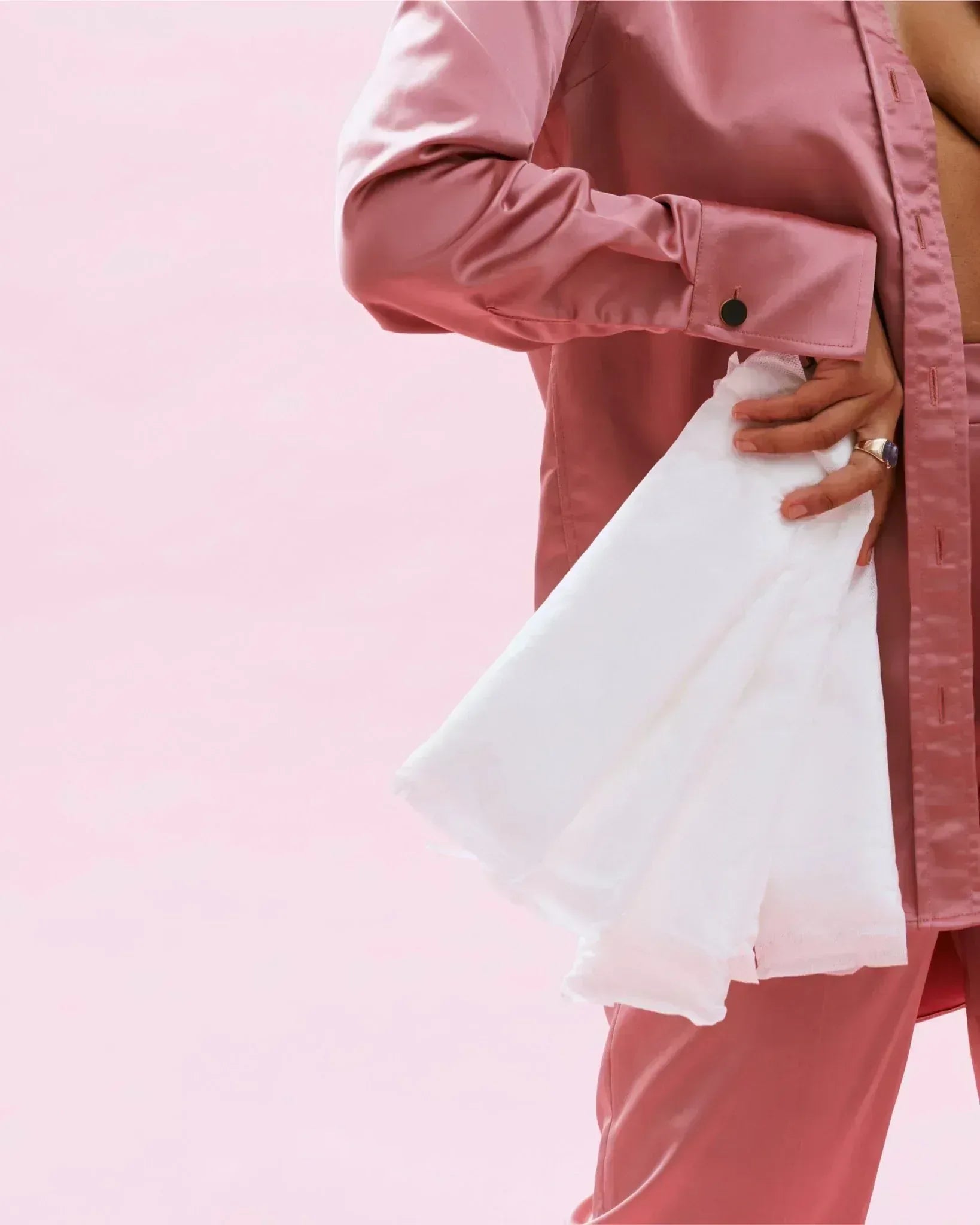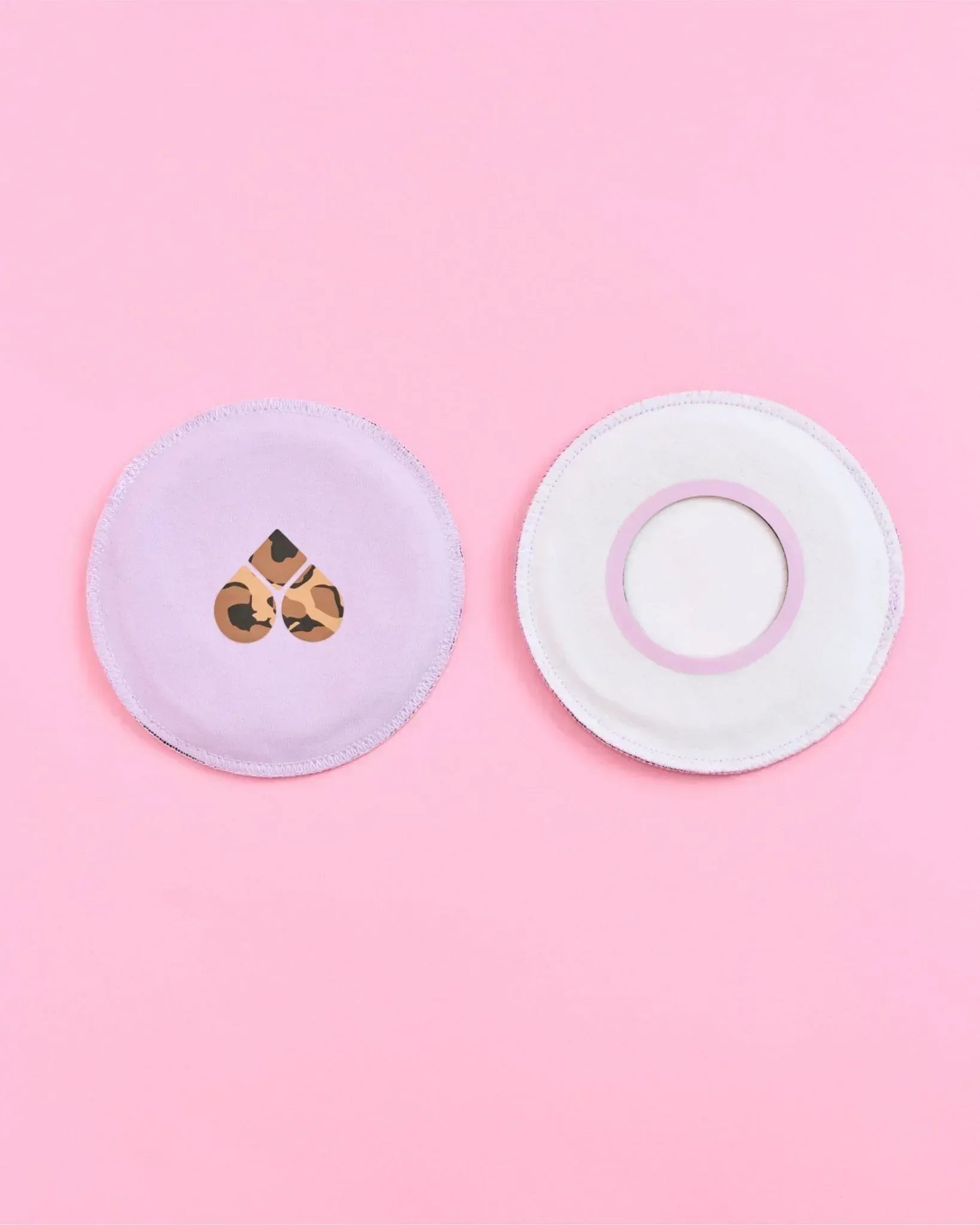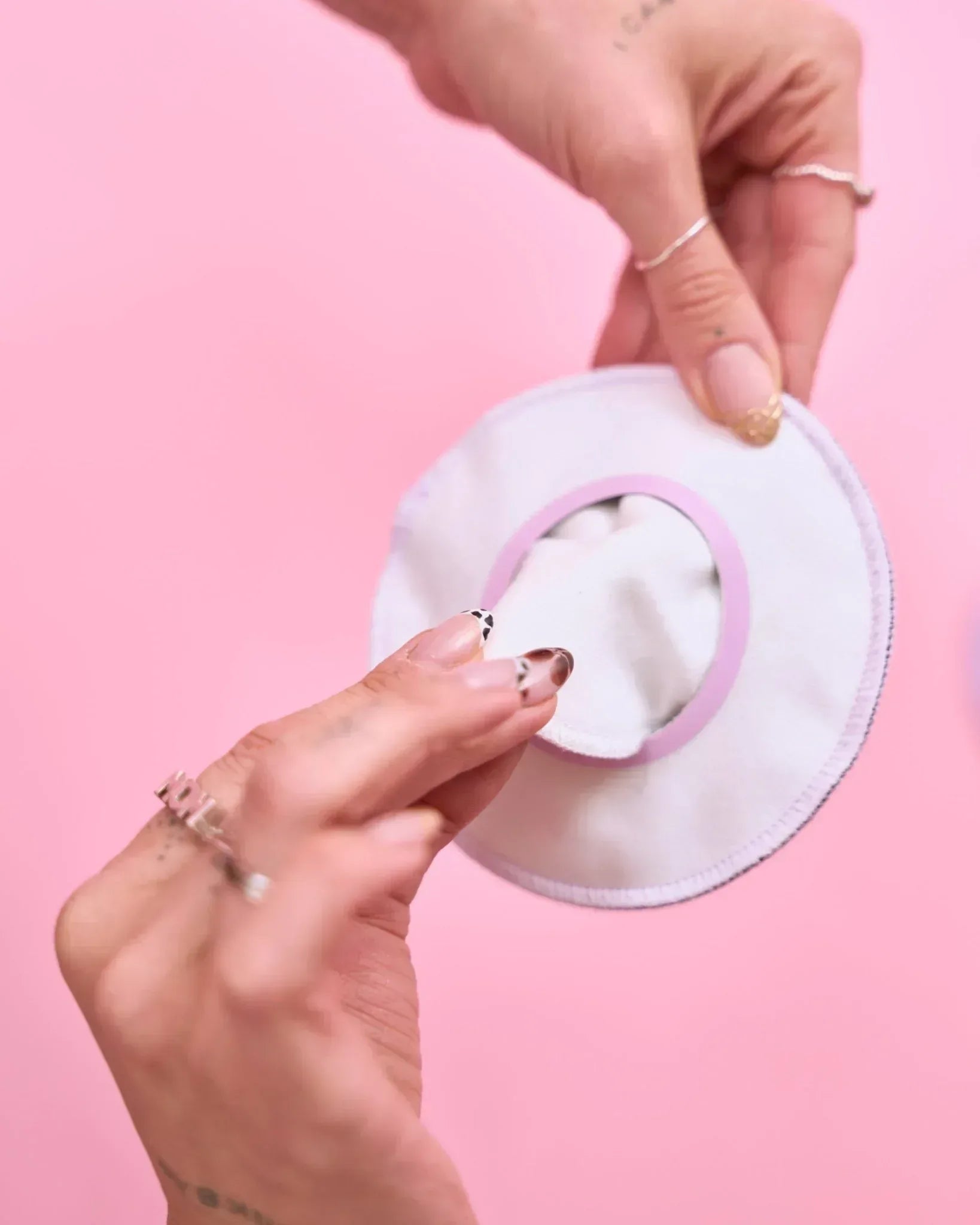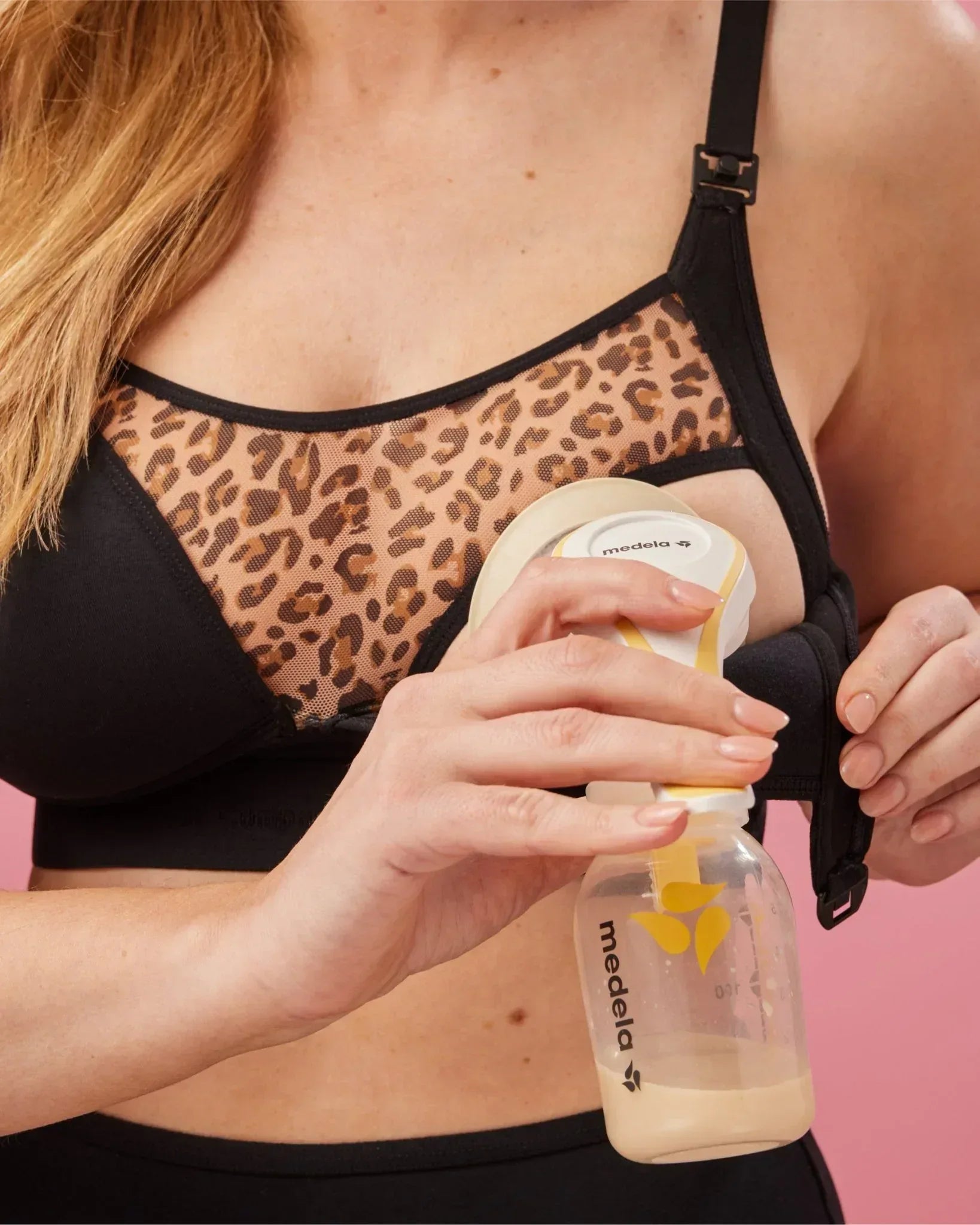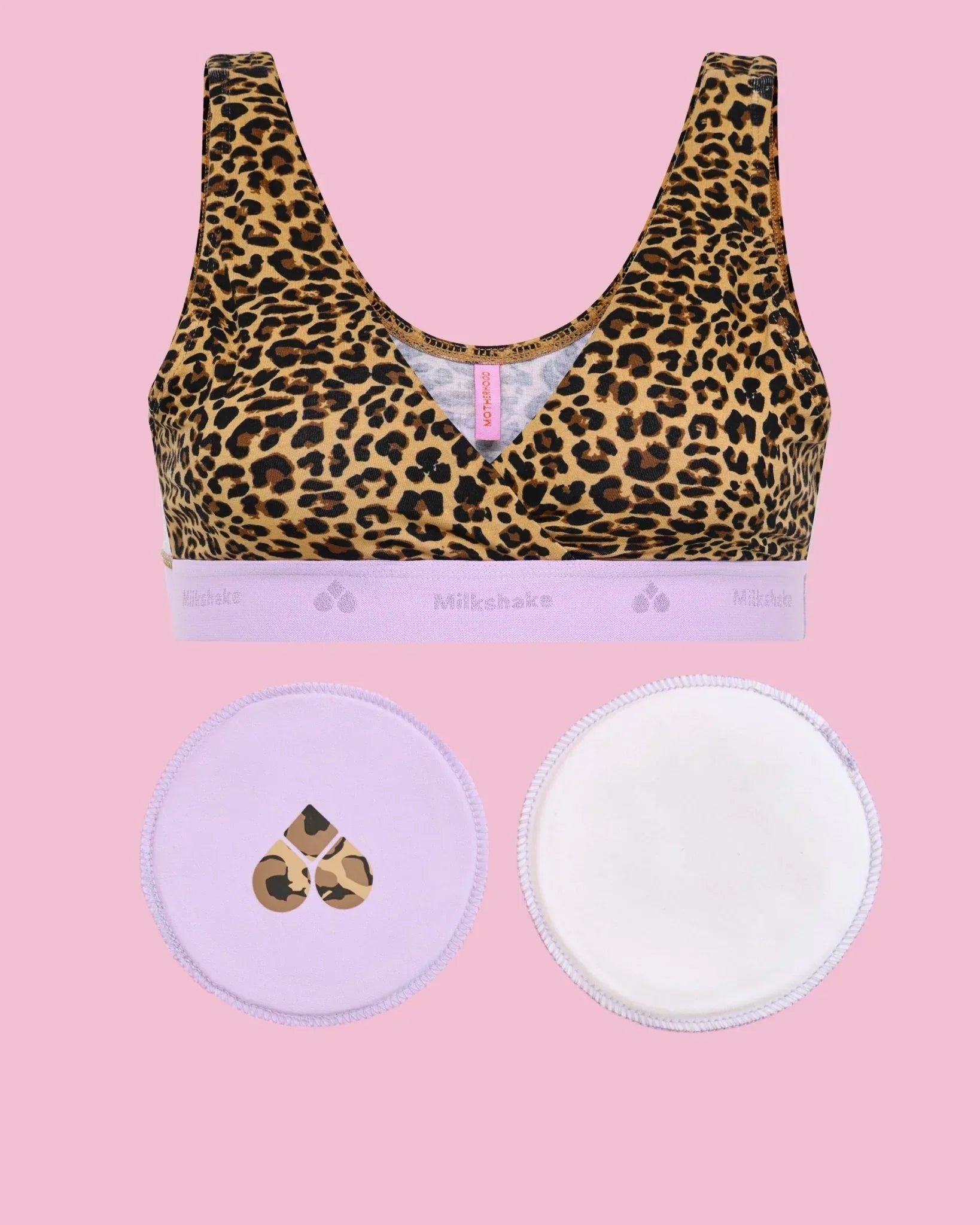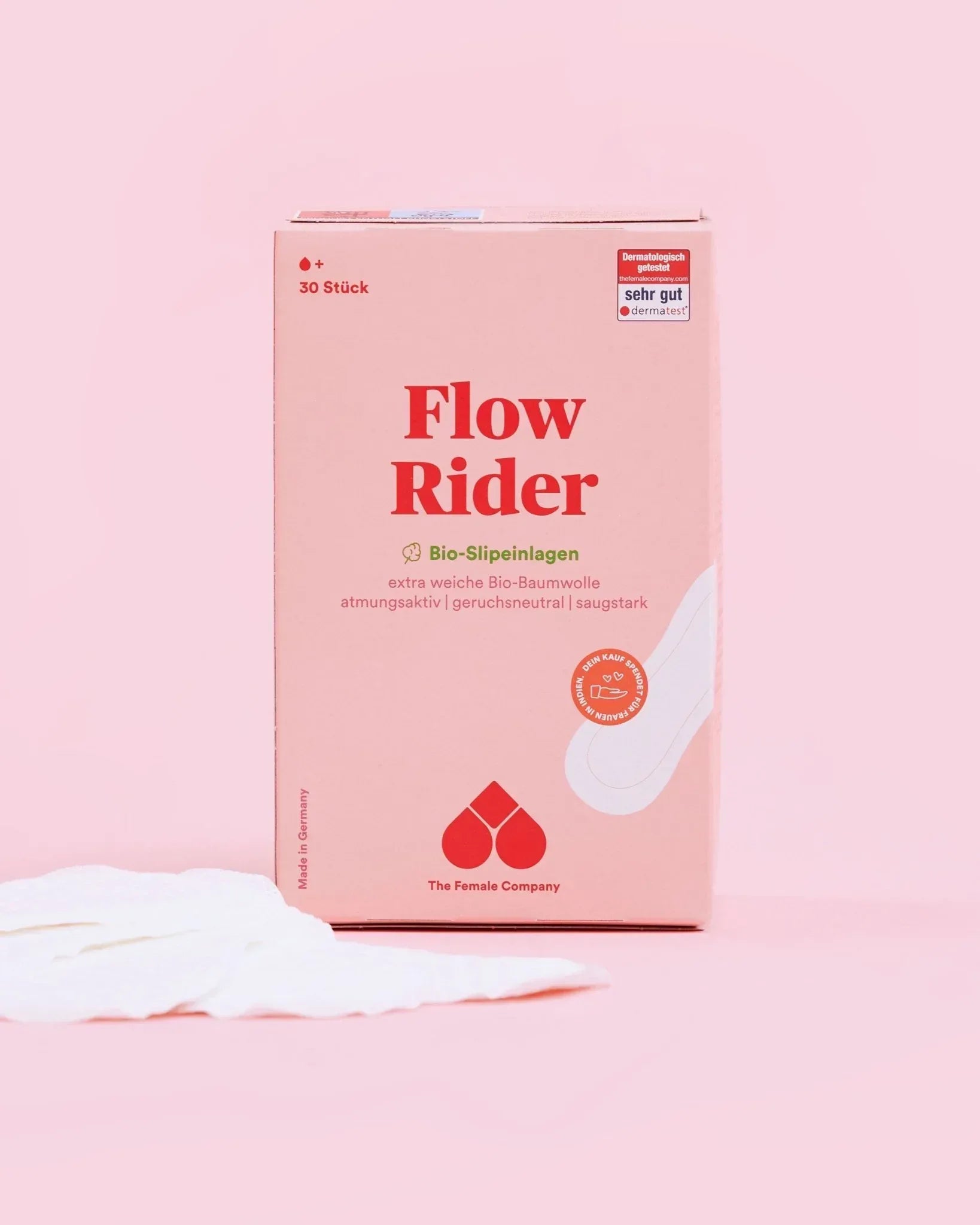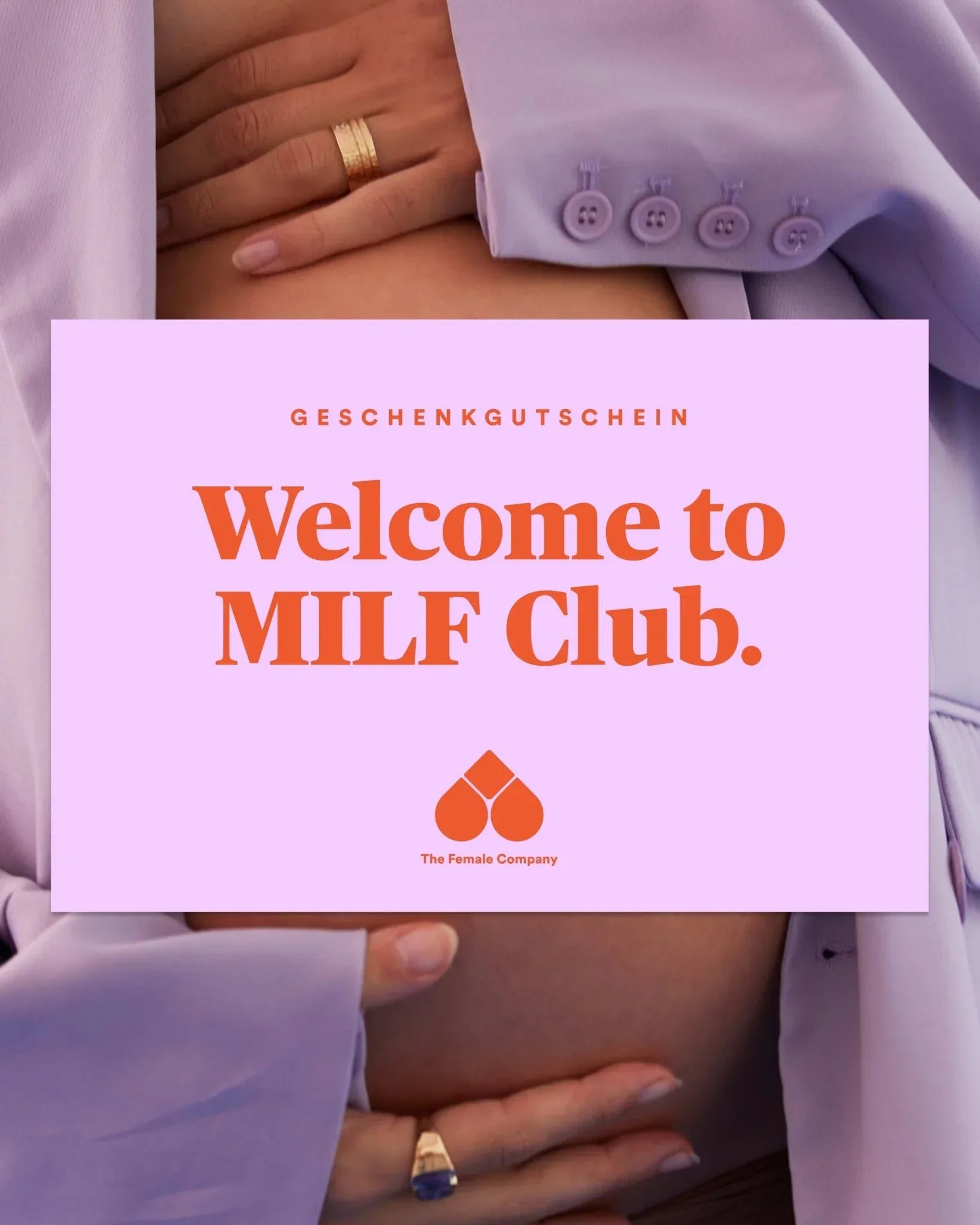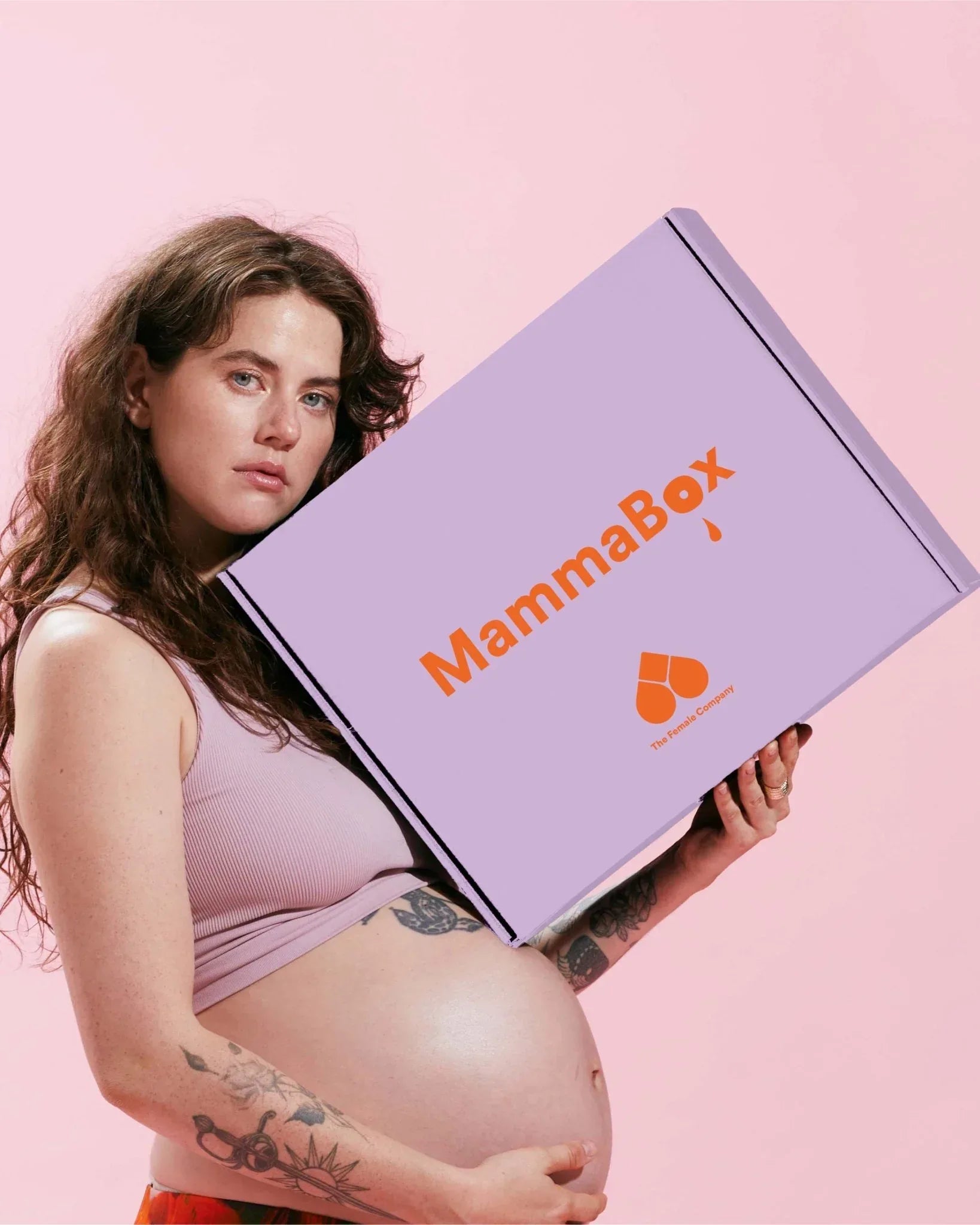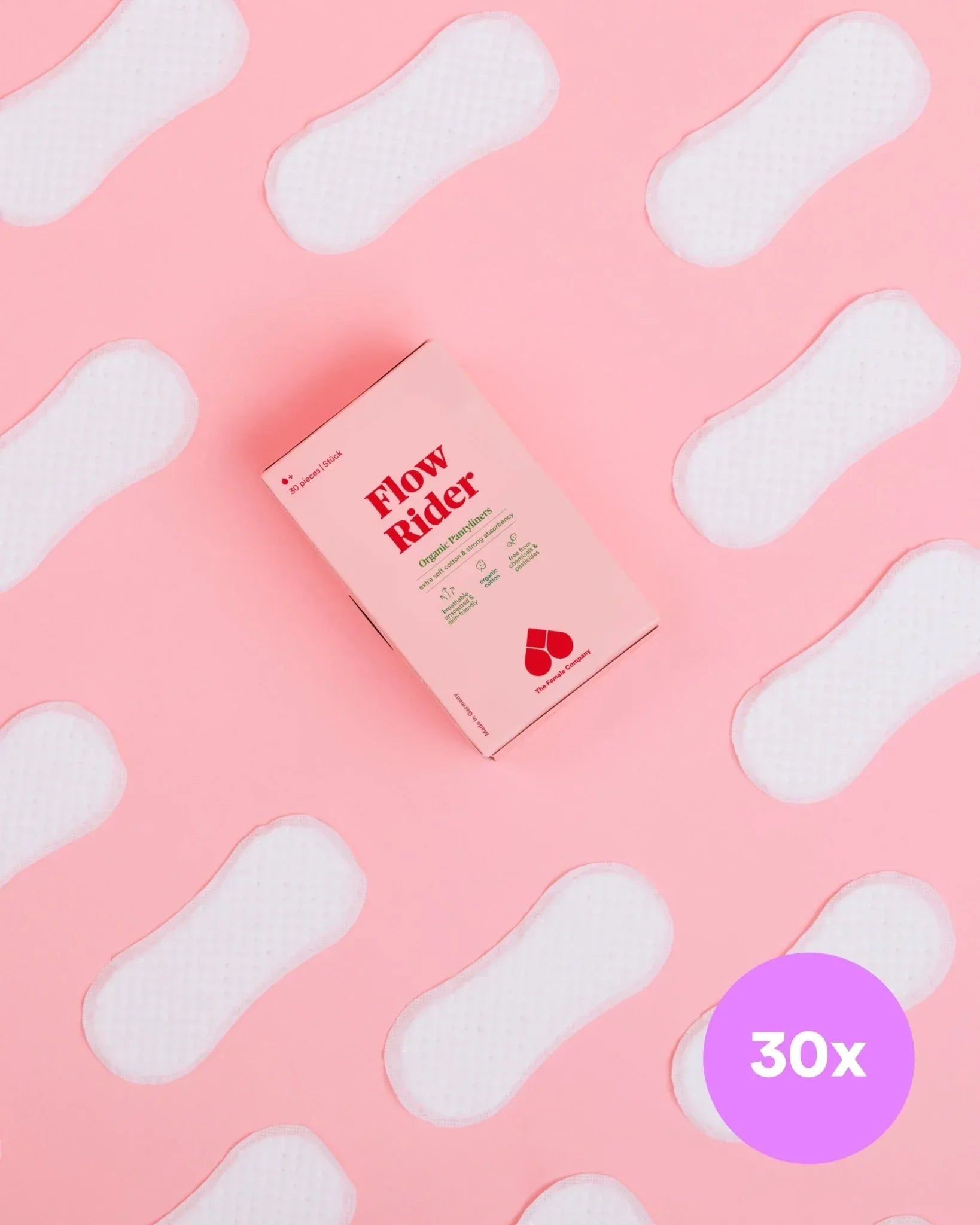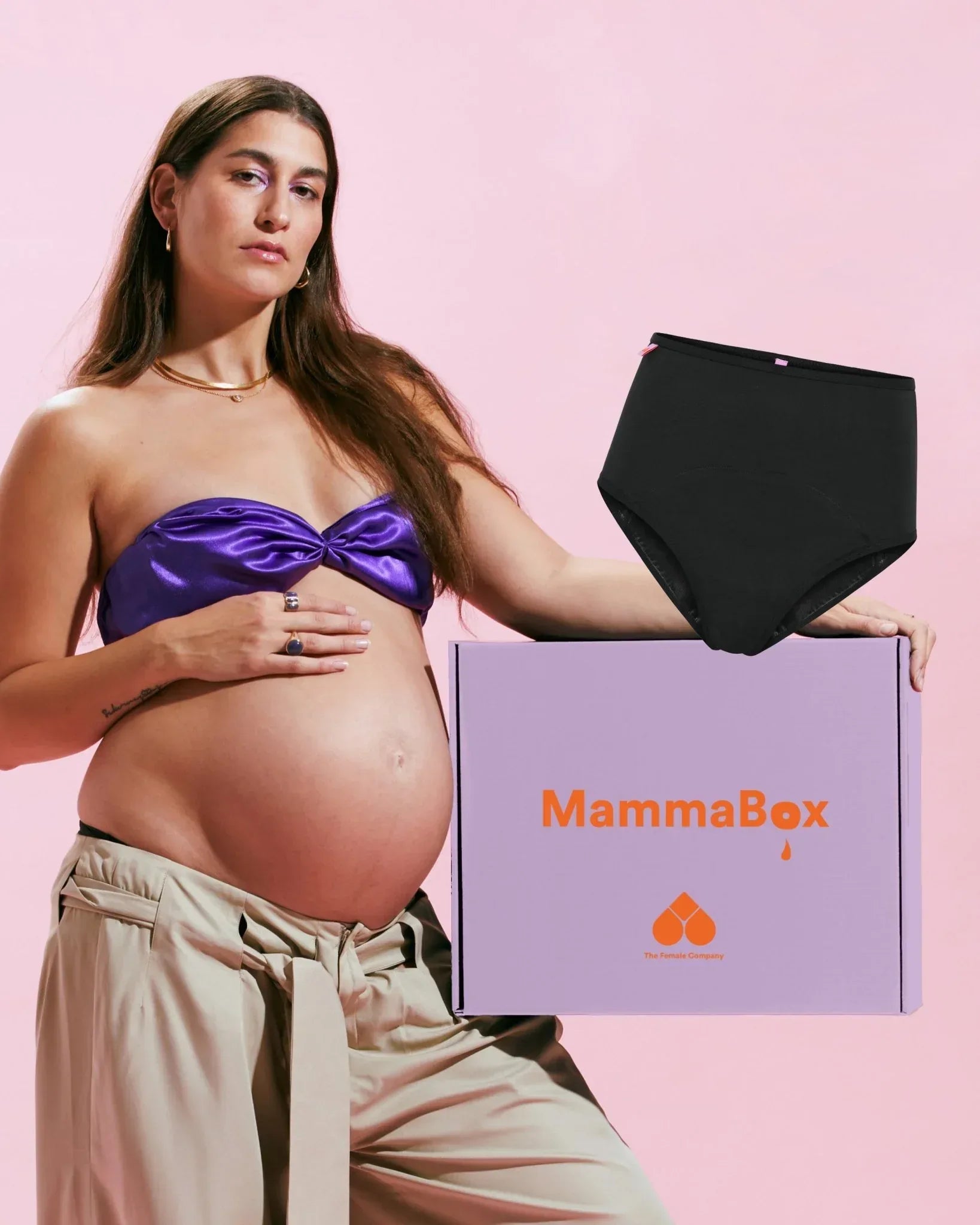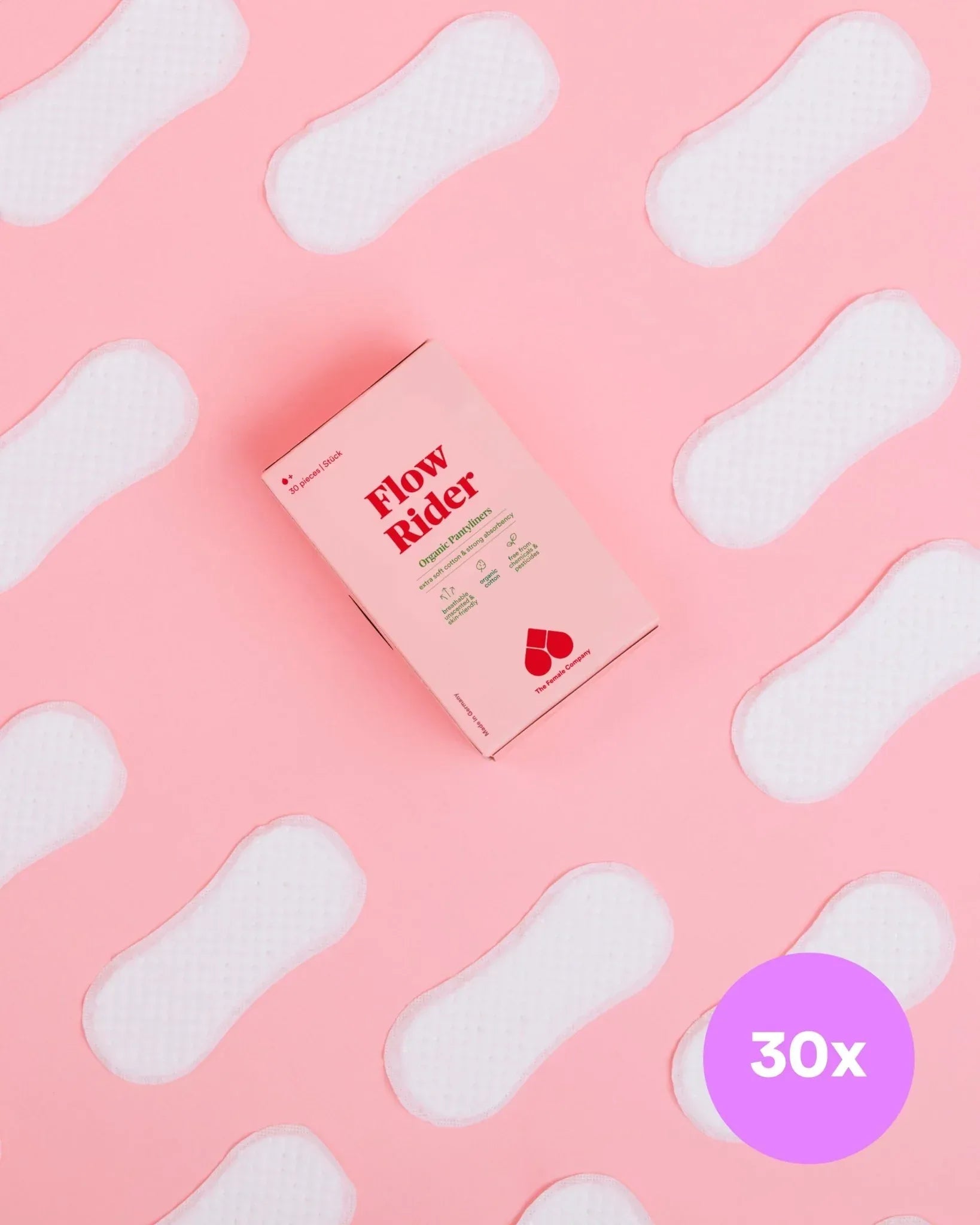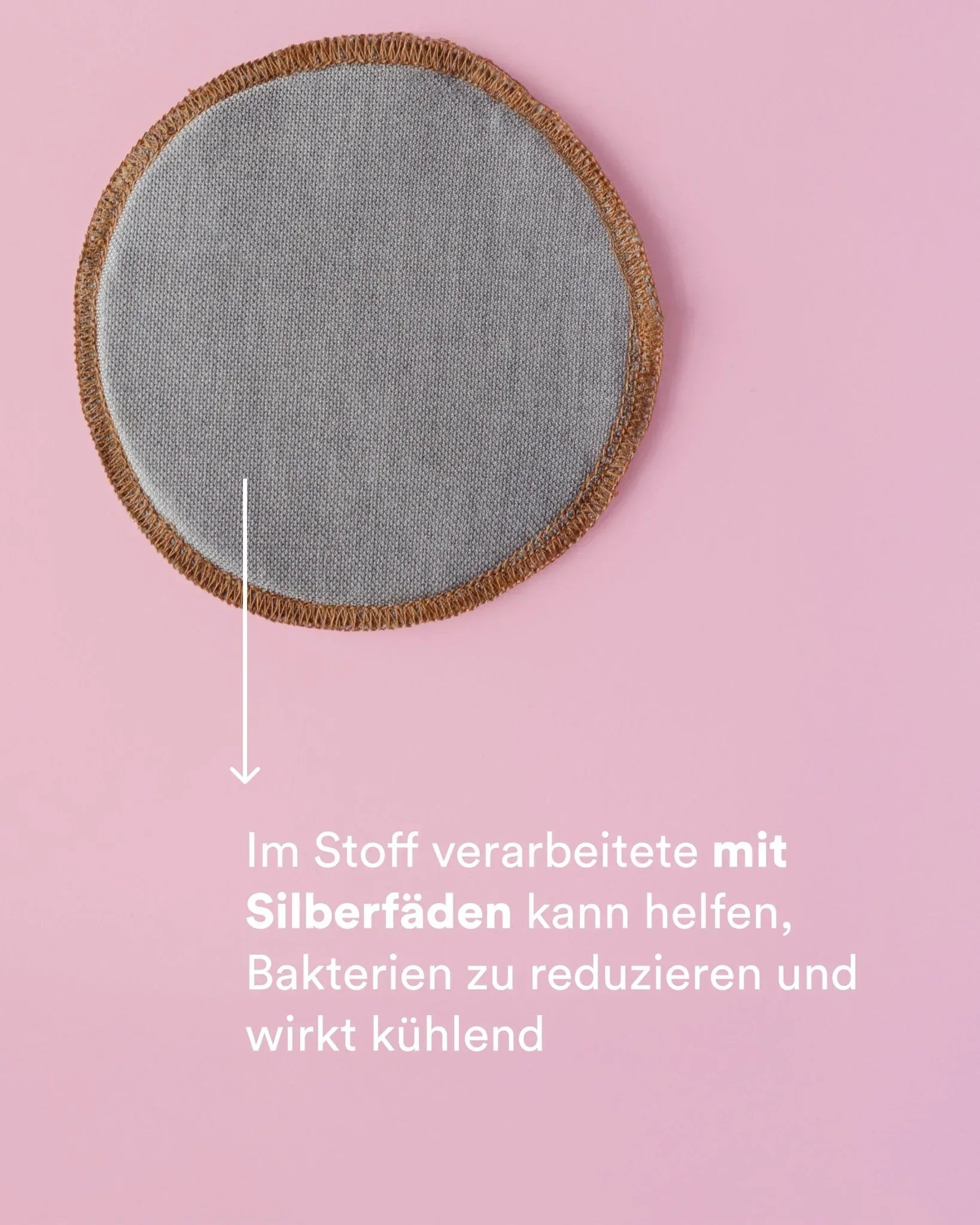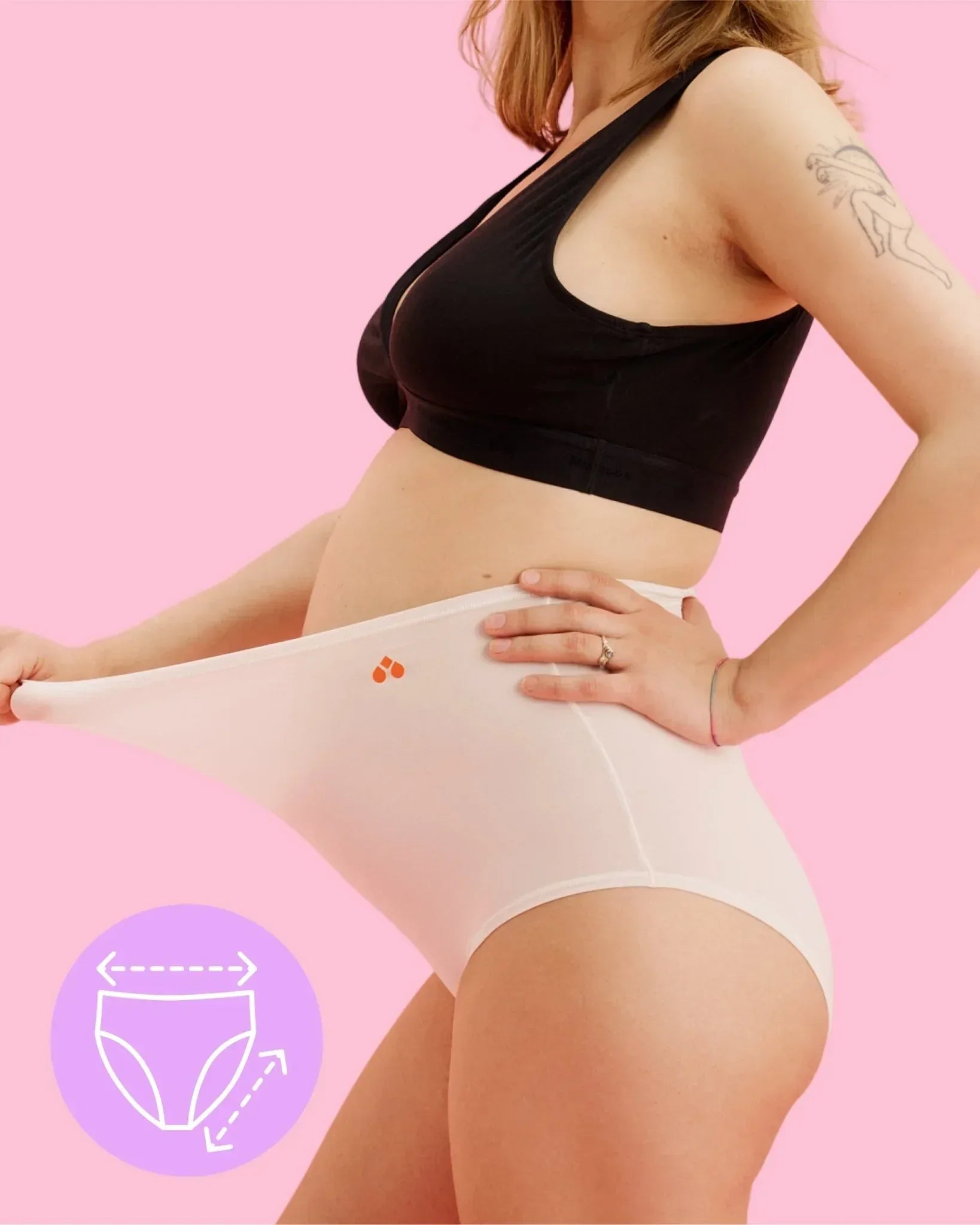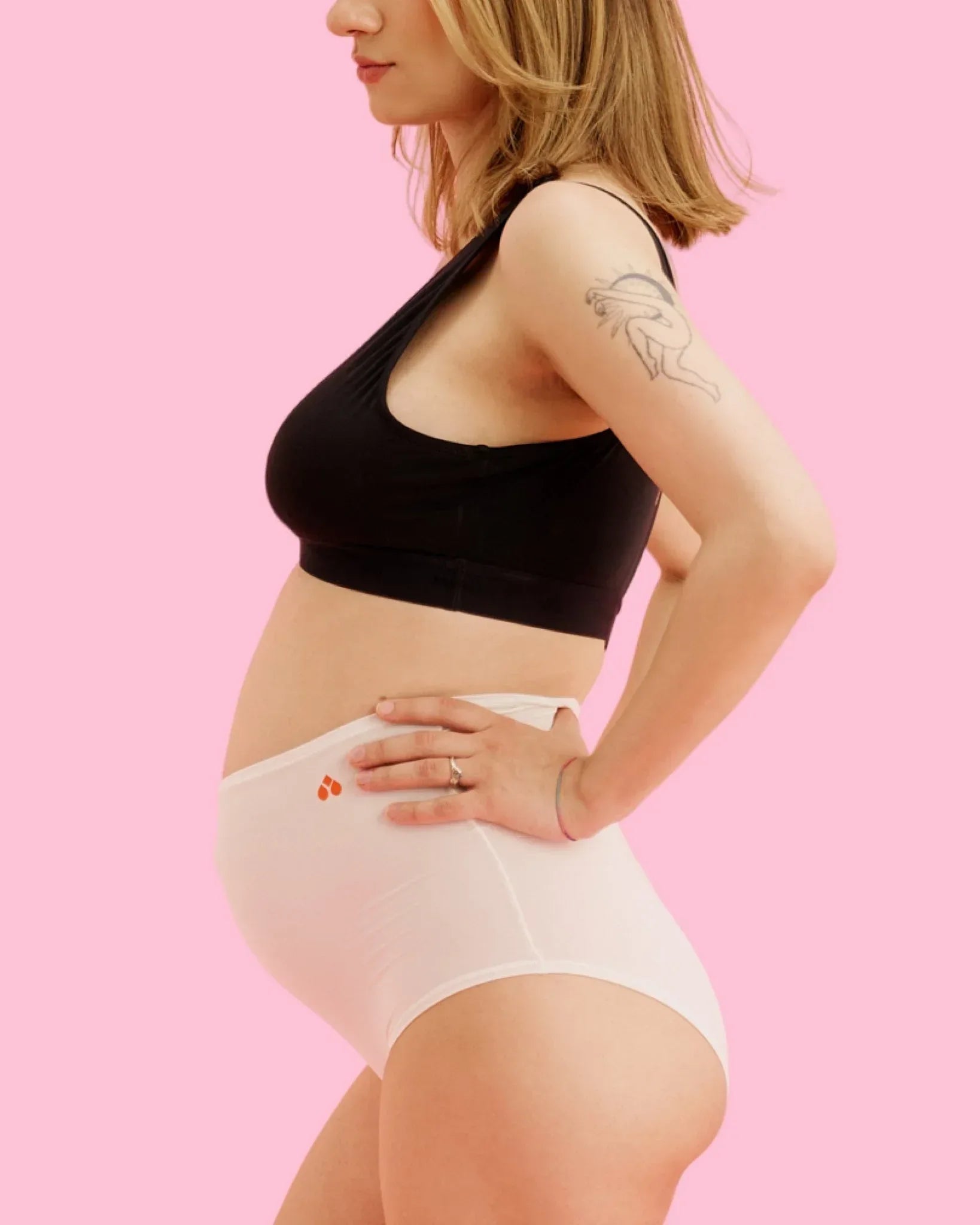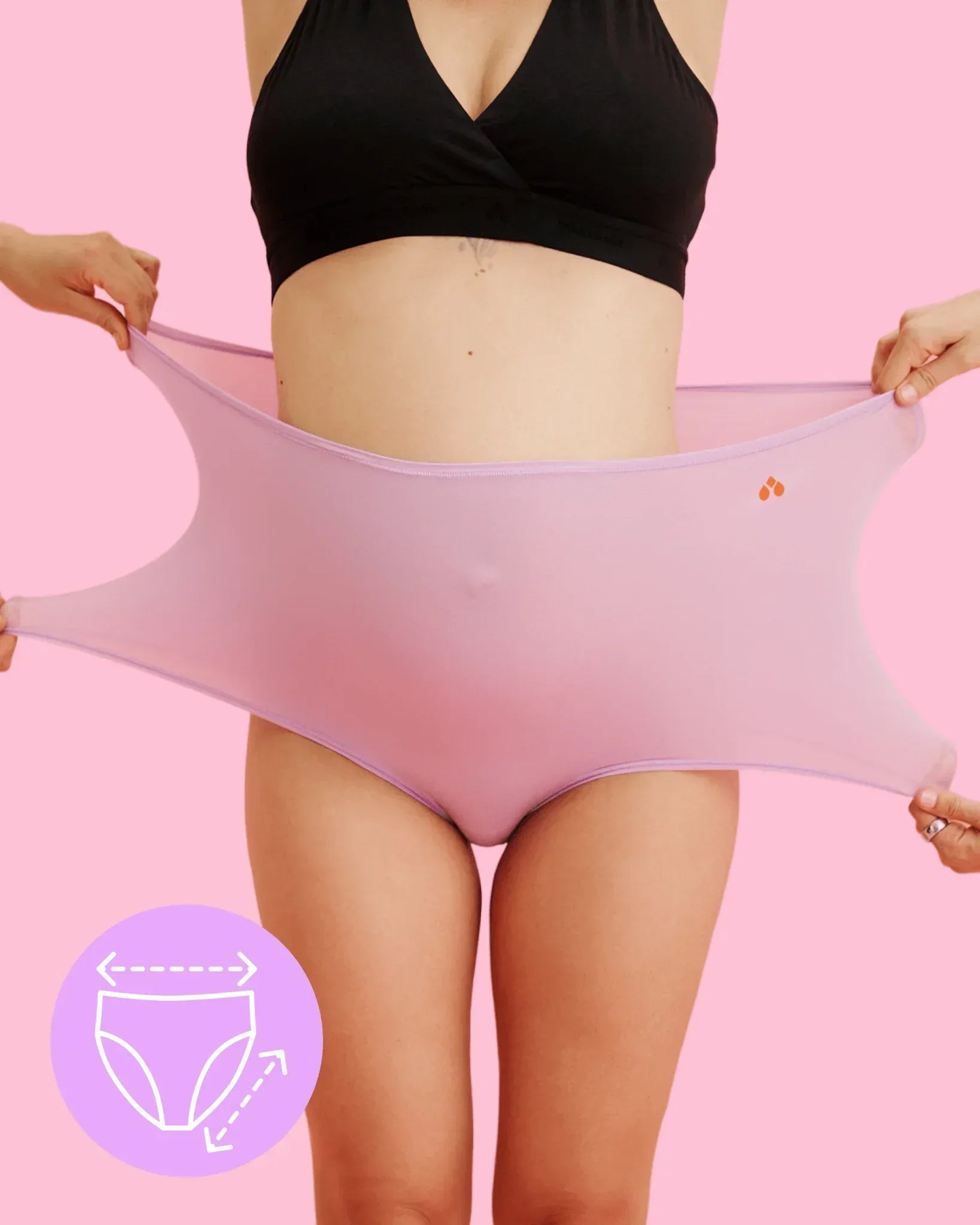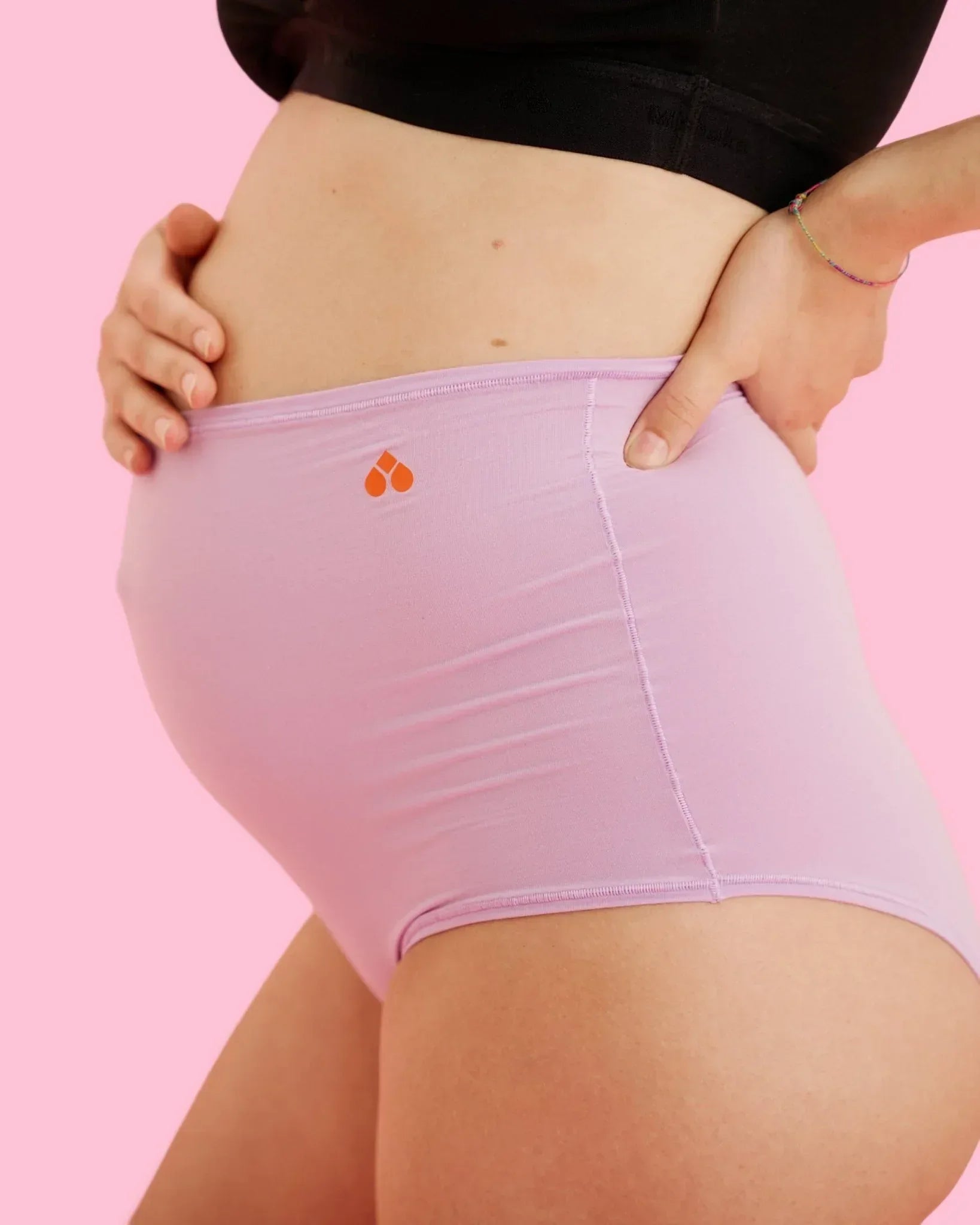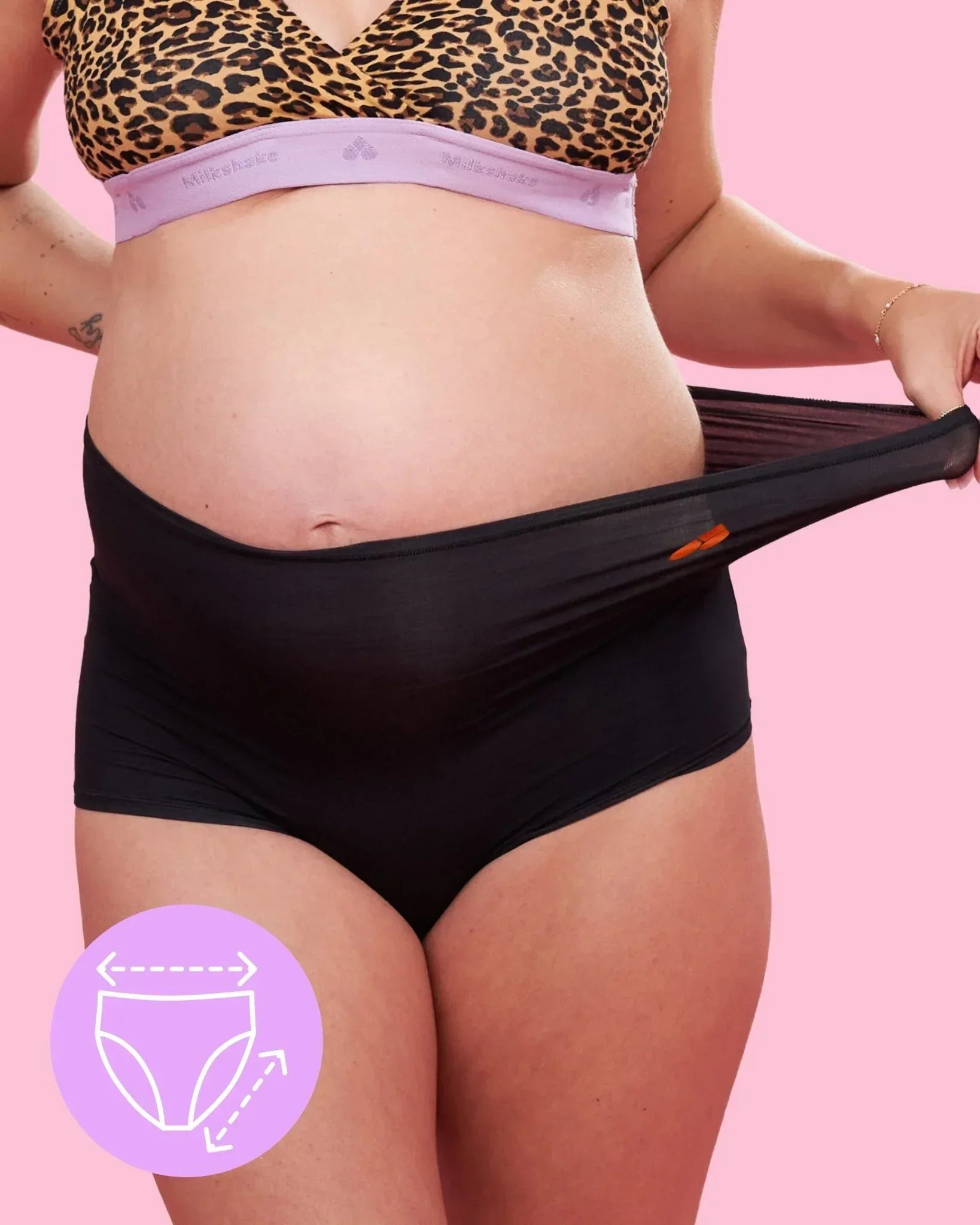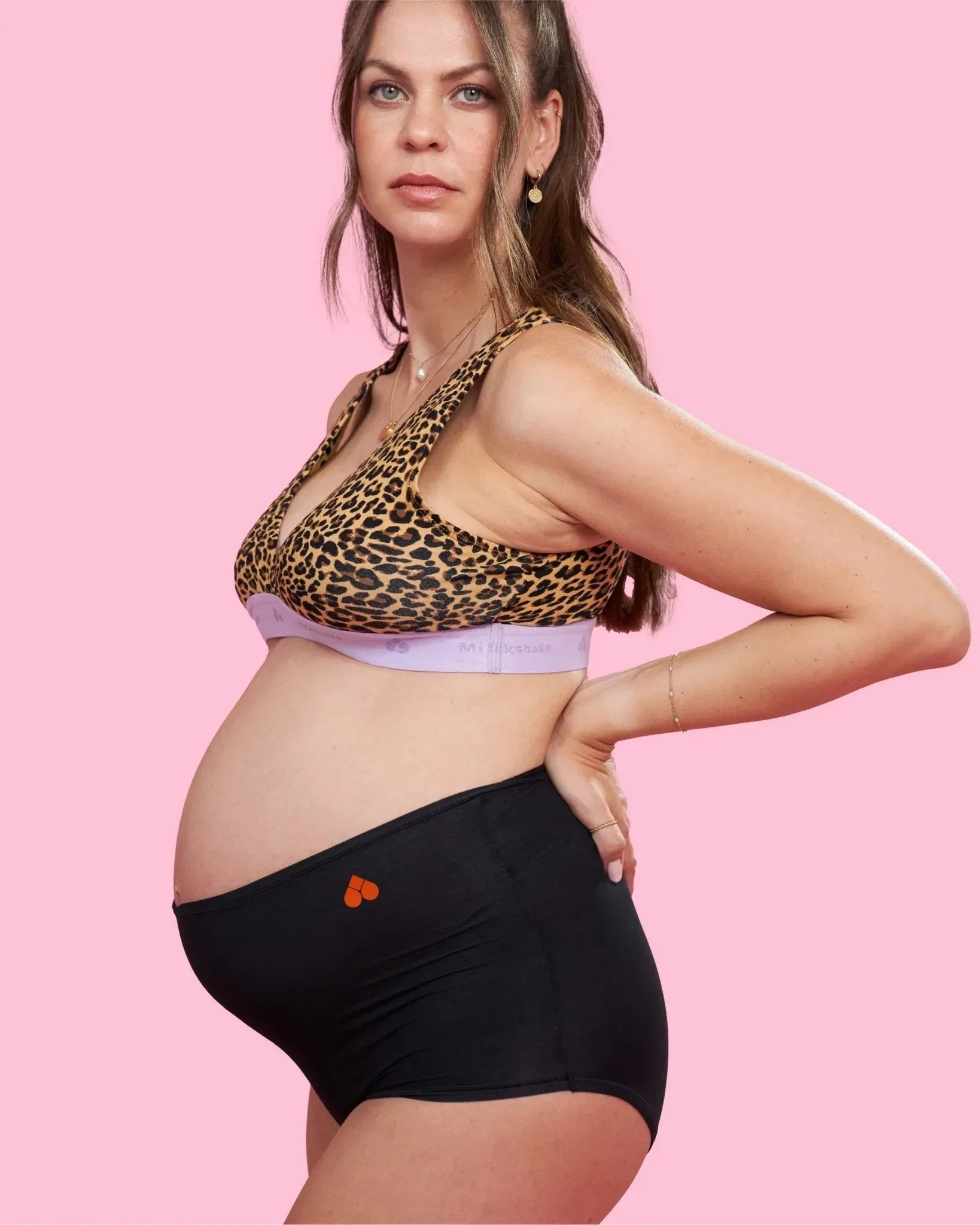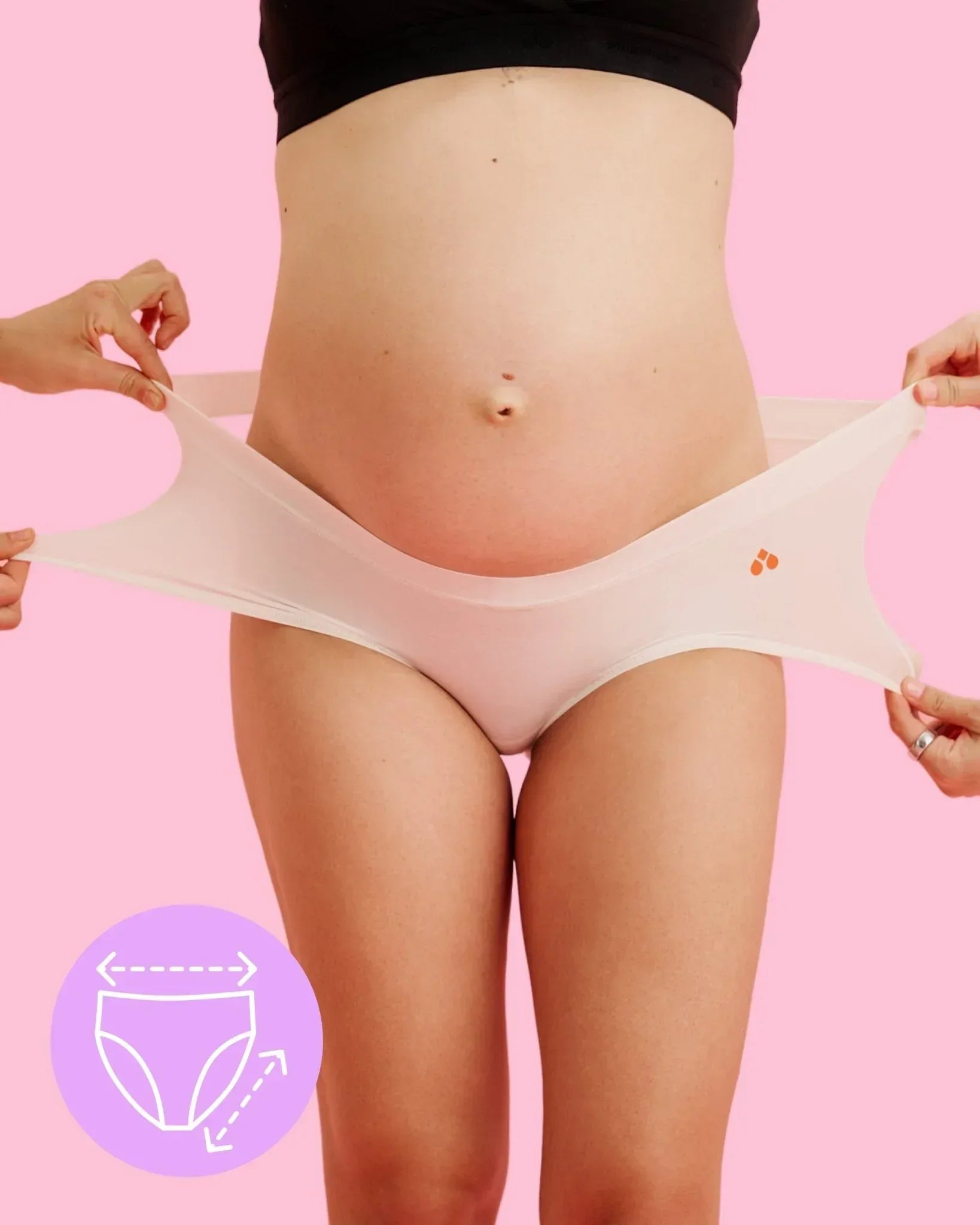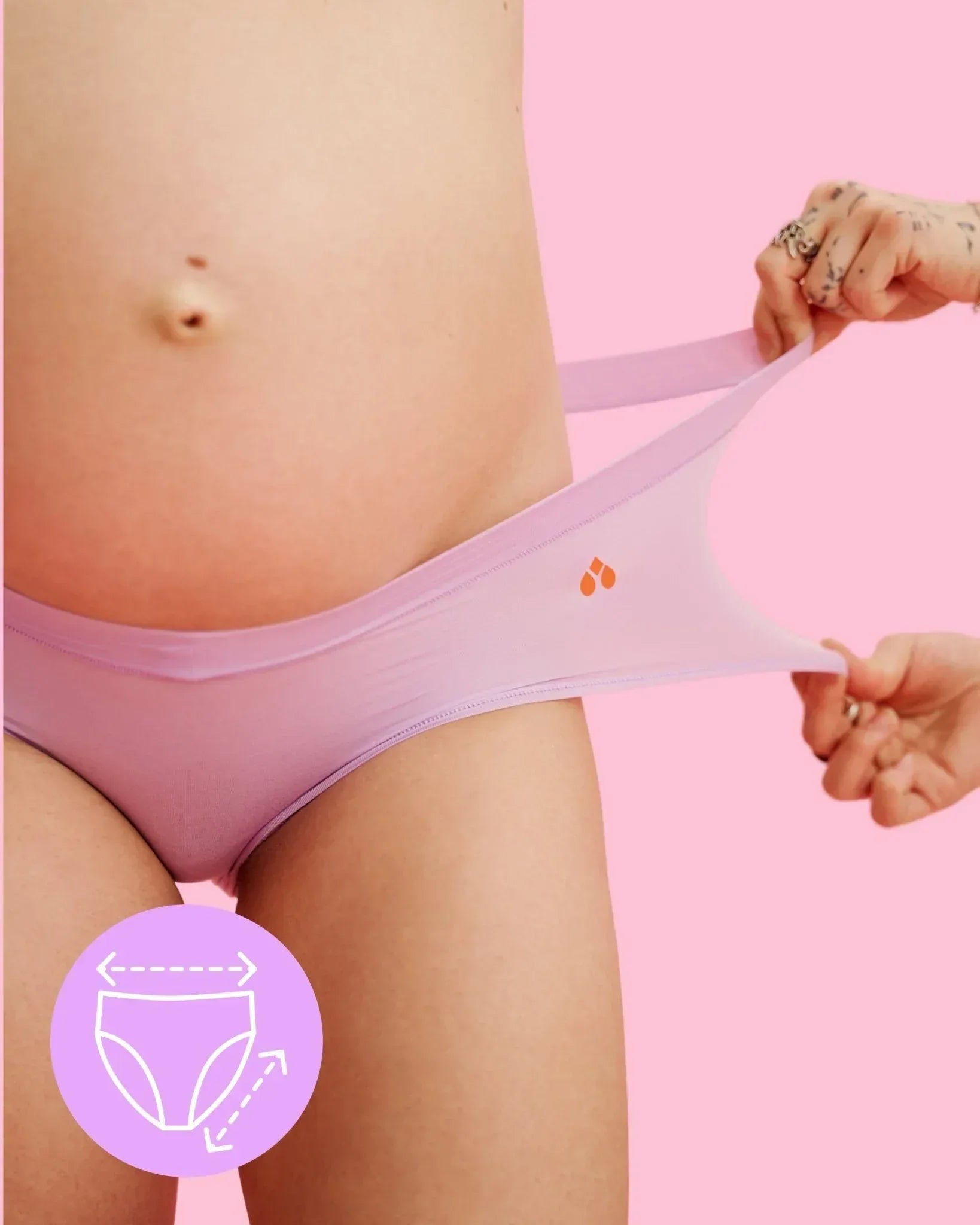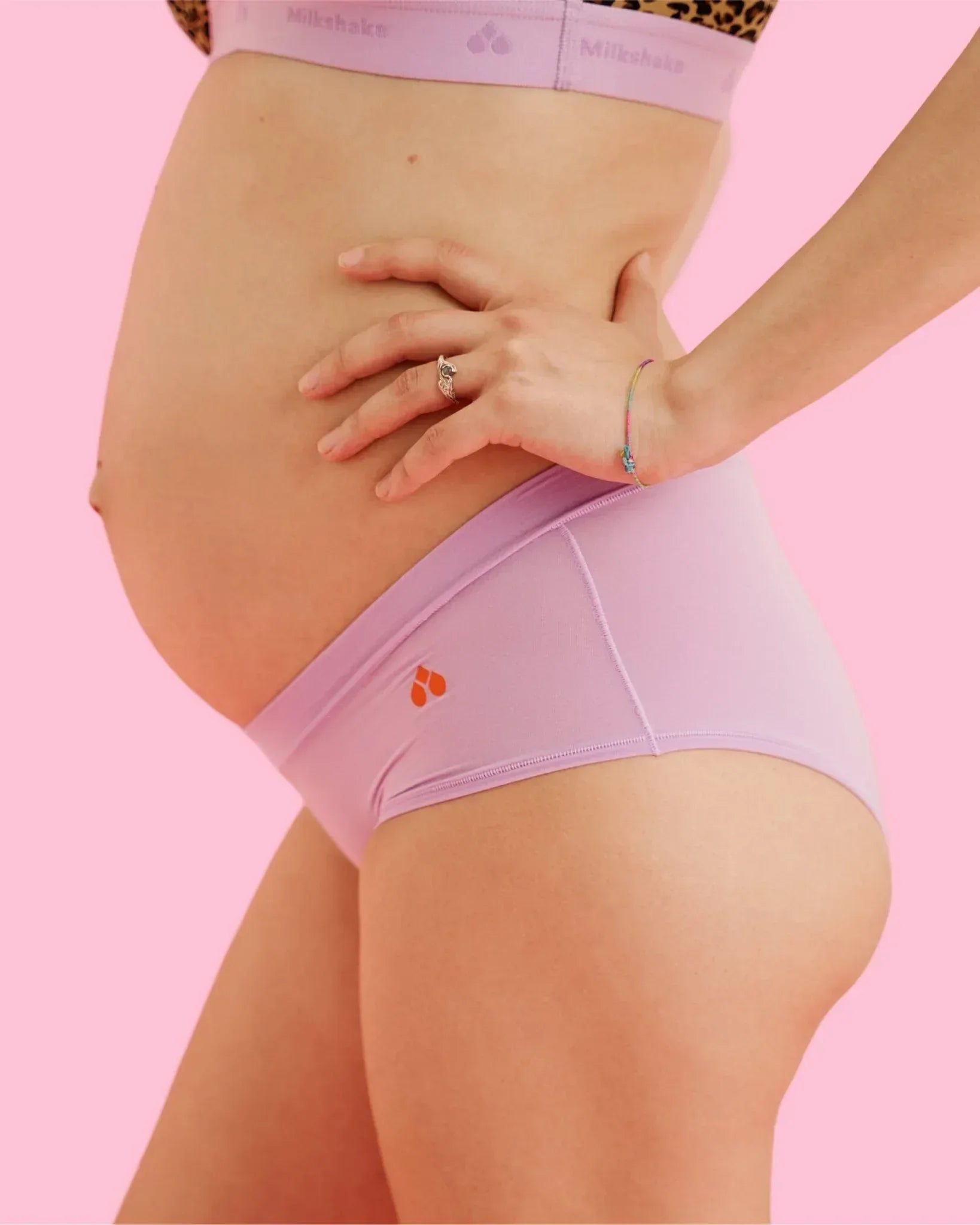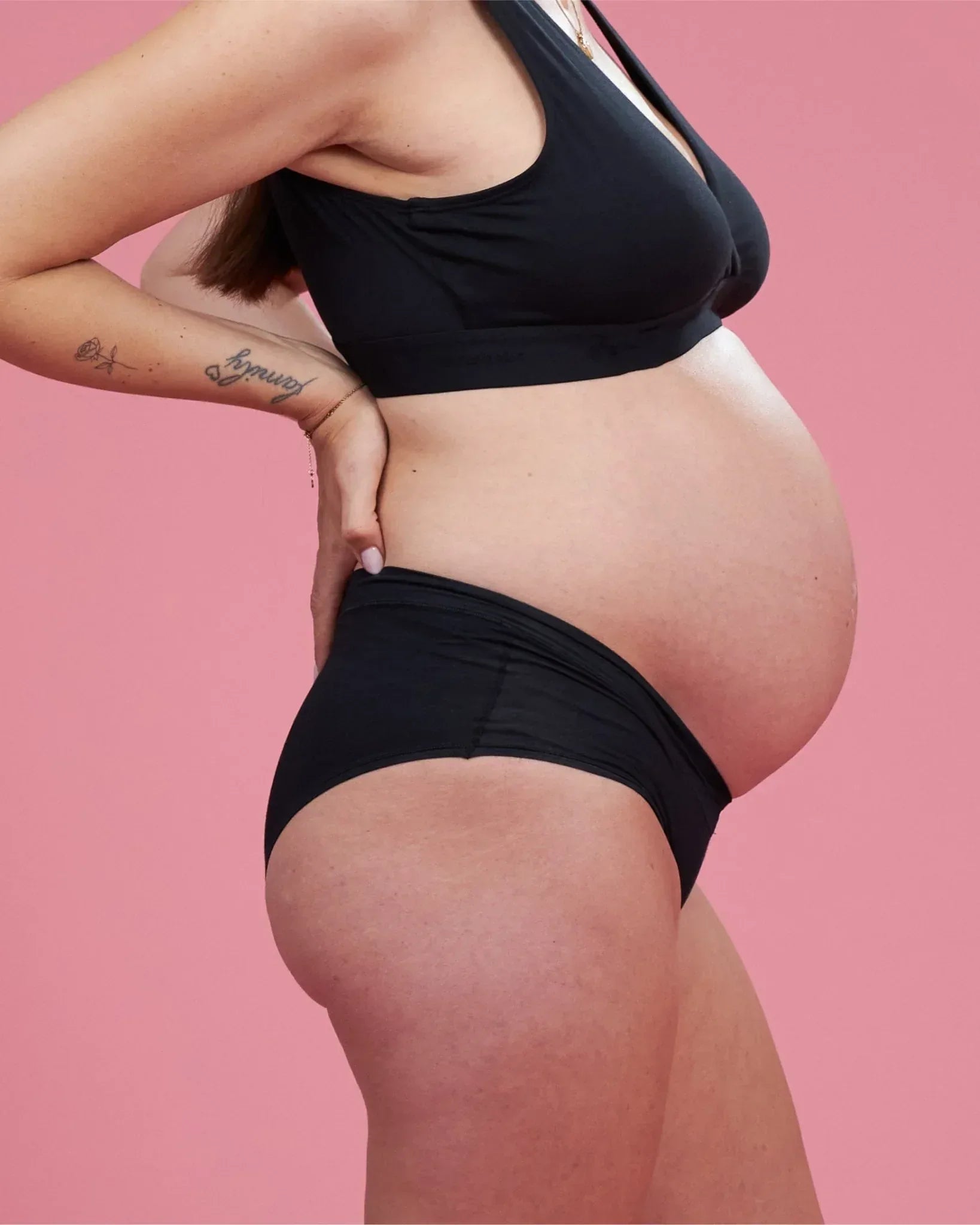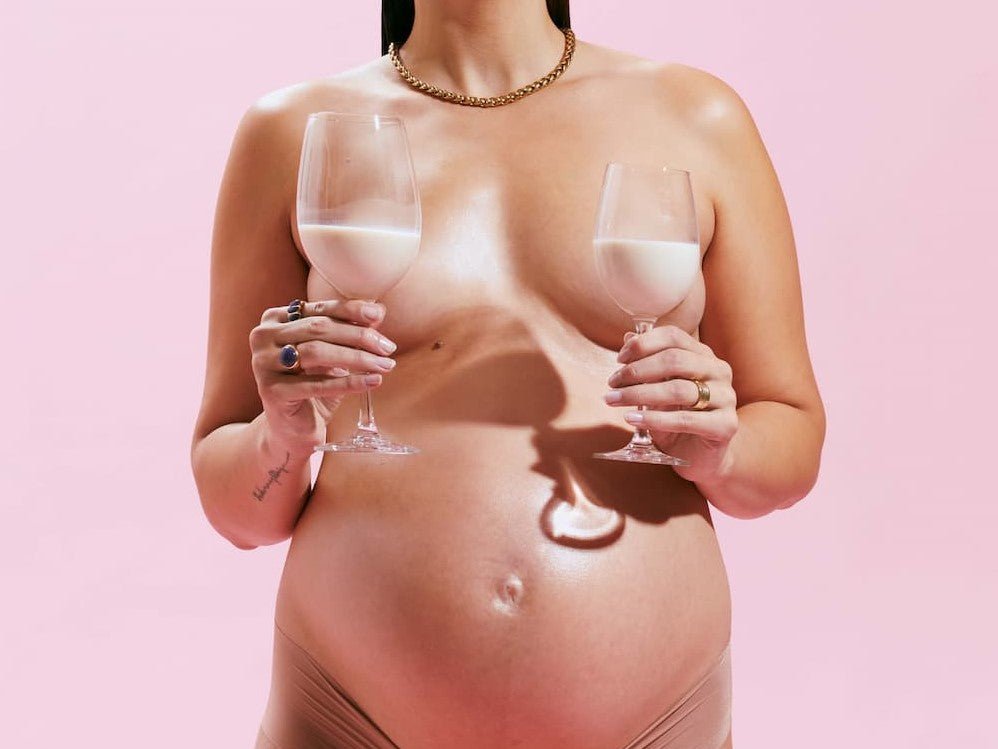Let's be honest: Pregnancy and breastfeeding definitely have a positive effect after the birth. Because you don't have to worry about your period for a while.
As soon as the lochia has stopped, in most cases the question is: Period? Not a chance ...
Ah, a few weeks (or months) can easily pass in such a relaxed manner...
without having to waste a single tired thought on our period. But what if your period starts despite breastfeeding?
Keep calm - We'll enlighten you and reveal what it's all about.
Summary
After pregnancy, your period may start sooner than expected.
The bleeding immediately after giving birth is not your period, but lochia.
Hormones can (as always) be the cause.
Table of contents
Contents
1. What is lochia?

The lochia is a natural discharge from the vagina after the birth of a child.
During pregnancy, the uterine lining forms to protect and nourish the fertilized egg. After birth, this lining is no longer needed and slowly sloughs off. The lochia consists of this dead tissue and blood that comes from the wounds of the placenta .
The lochia begins shortly after birth and usually lasts about four to six weeks. During this time, the amount, color and consistency of the lochia can vary. In the first few days, it is often very heavy and bloody, similar to a heavy period.
However, over time, the discharge usually becomes less and lighter until it eventually stops.
It is important to maintain good hygiene during lochia, as the body is more vulnerable to infections during this time. It is also advisable to refrain from sexual activity until lochia has completely stopped to minimize the risk of infection.
Overall, lochia is a normal and natural part of the healing process after birth.
2. Why don't you menstruate immediately after giving birth?
Overall, the duration of the absence of menstruation after birth is very individual and varies from person to person.
Some menstruate within a few weeks of giving birth, while for others it may take several months or even a year. However, it is normal for it to take some time for the body to return to its normal hormonal balance and menstrual cycle after pregnancy and childbirth.
3. First period after birth
The first period after birth usually begins about five to six weeks after delivery.
Good to know: This doesn't mean that you won't bleed at all immediately after giving birth. No, no... In fact, you will have what is known as lochia in the first few weeks. Even if it is very bloody (especially at the beginning), it is NOT your period.
Once this part is finished , whether your period starts immediately or not depends on one factor in particular: breastfeeding .
Depending on how intensively you breastfeed, your period may not start until a few weeks or months after the birth. Why is that? Baby hormones and more hormones. How could it be otherwise? In this case, the milk-producing hormone prolactin inhibits egg maturation and prevents ovulation. Period? No way...
4. Period despite breastfeeding?
But what if your period starts DESPITE breastfeeding? This brings us back to the intensity of breastfeeding . As soon as you no longer breastfeed “full-time” (about four times a day), eggs can mature again in your ovaries.
This also means: period – here we come!
In some cases, the amount of milk may be reduced when your period starts. However, after a few days, your milk supply should be back to normal. And no, just because your period has started again, you don't have to stop breastfeeding . Your milk still has the same super effect on your baby as before.
Note! Note! Note! The fact that your period can start despite breastfeeding also disproves the persistent myth that you can't get pregnant while breastfeeding. Not true!
Did you know : Discharge is also responsible for the light stains in your underwear. Find out what this is all about here .
